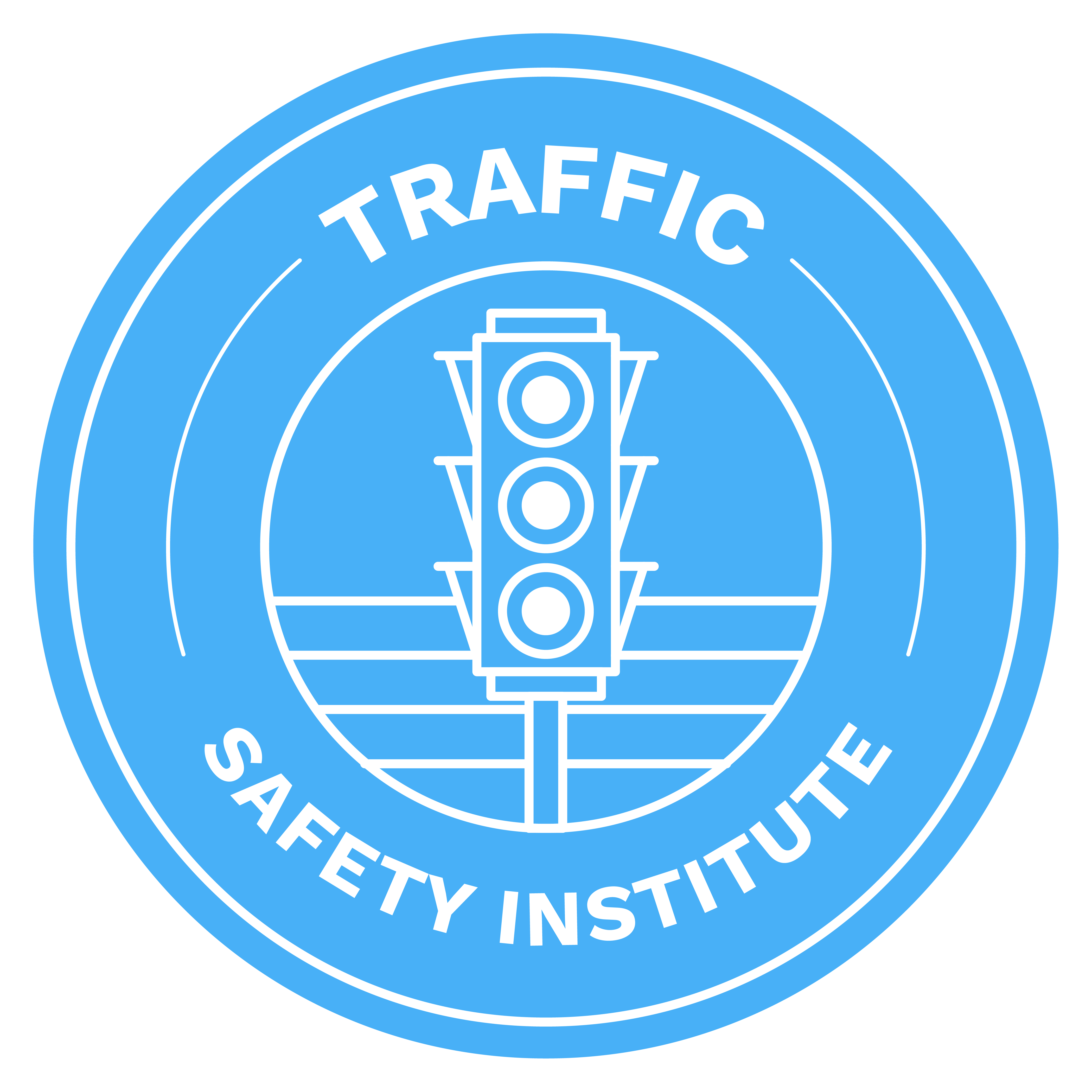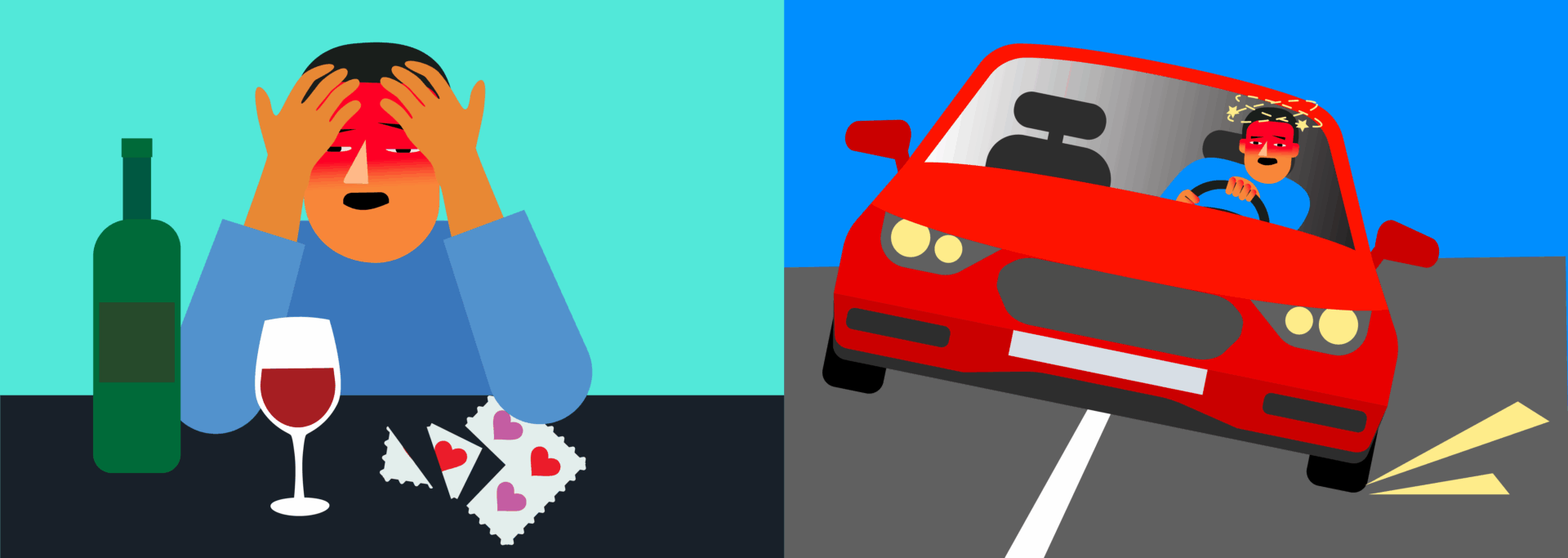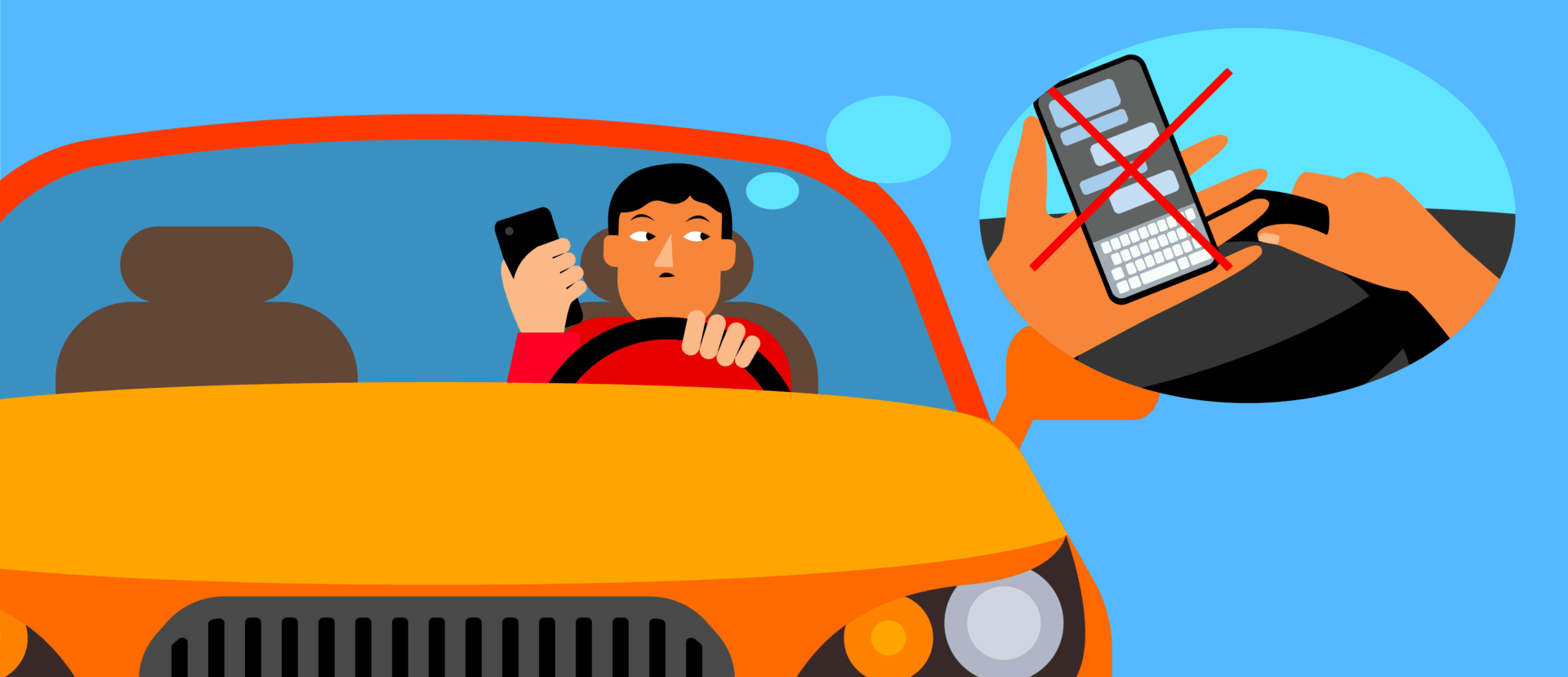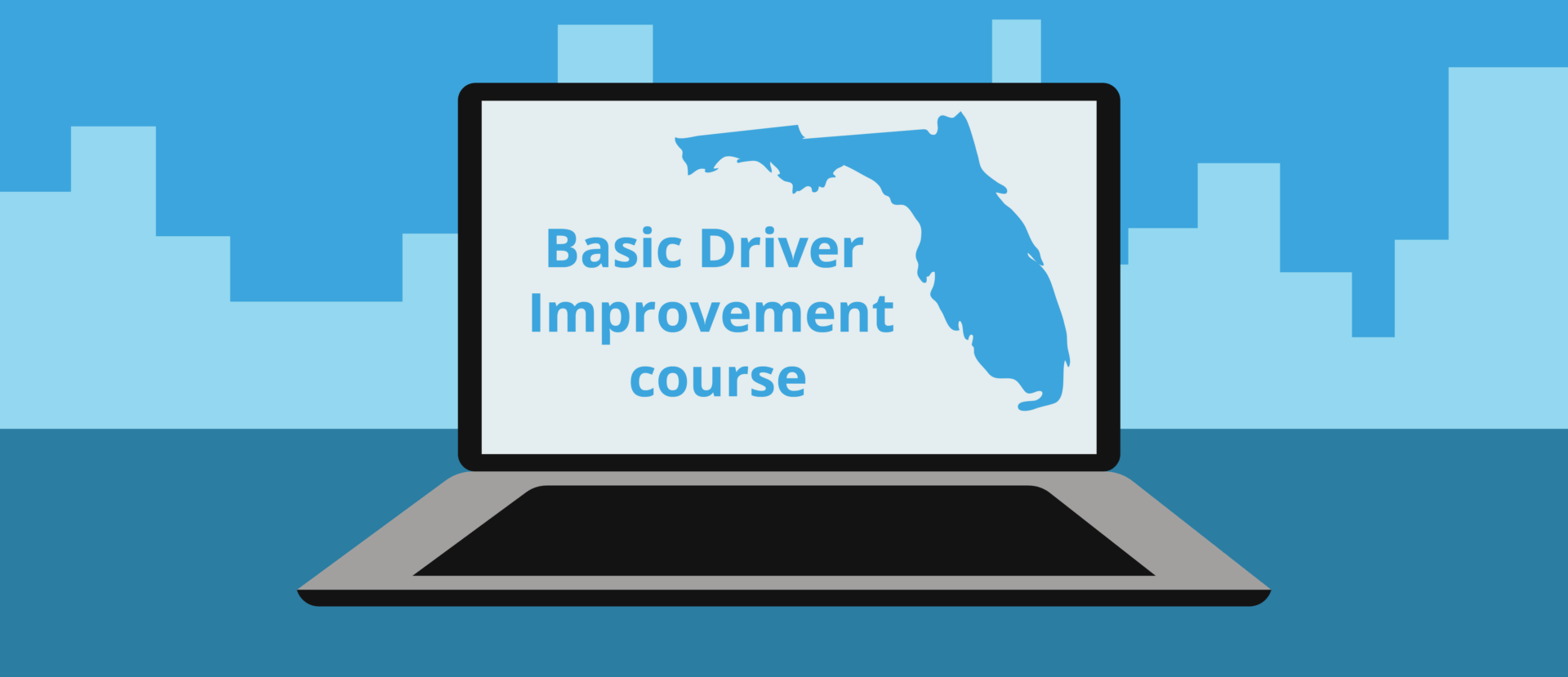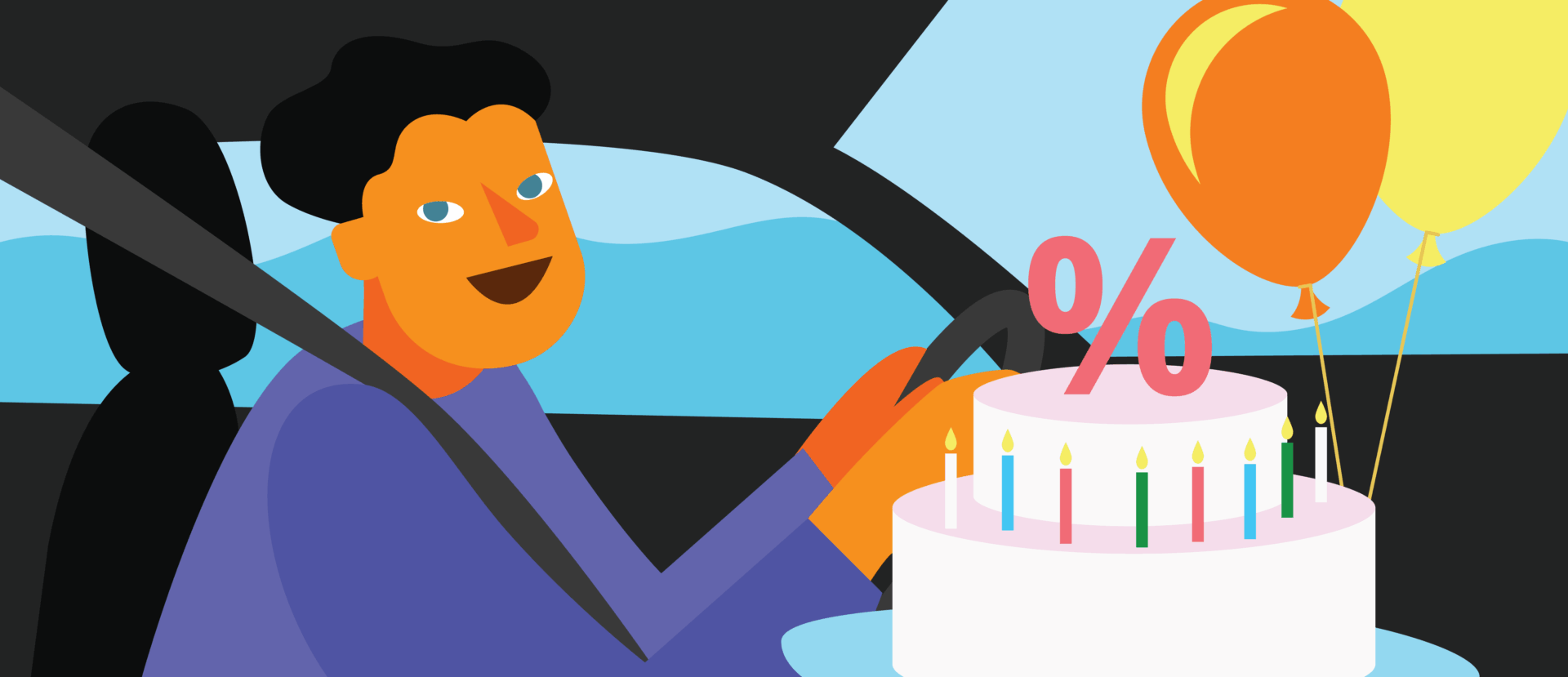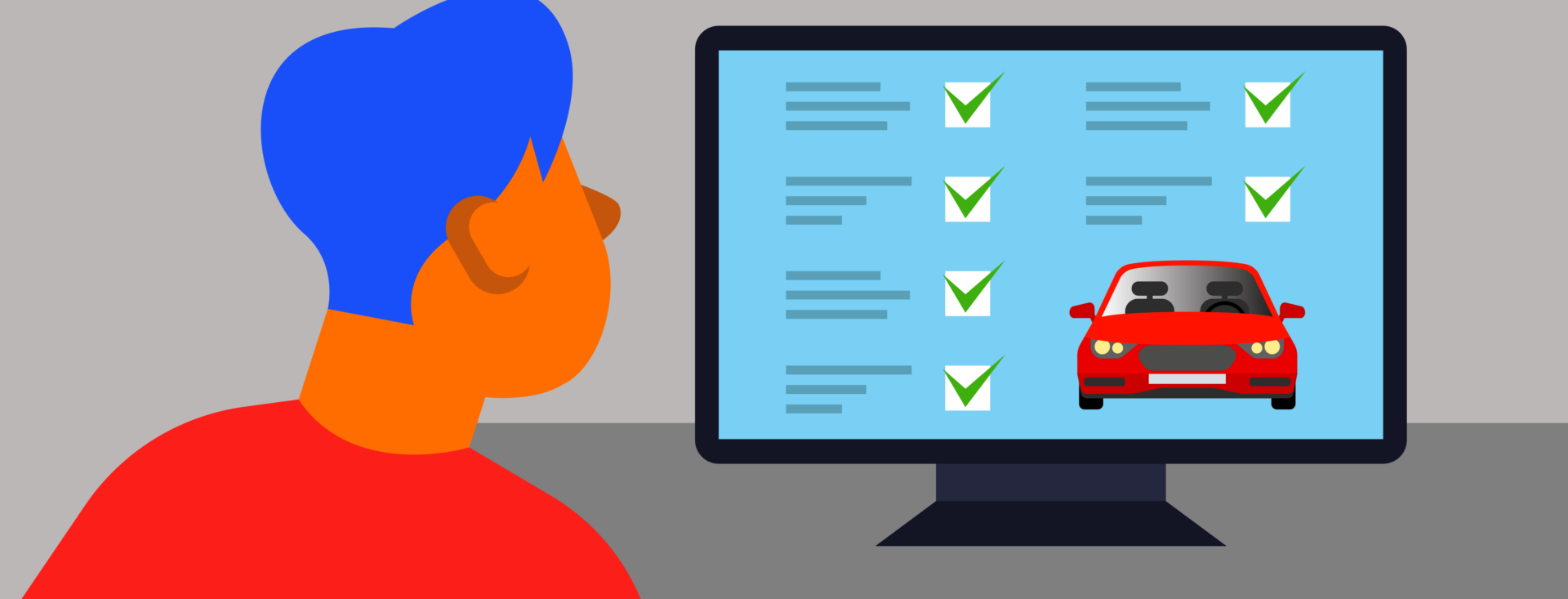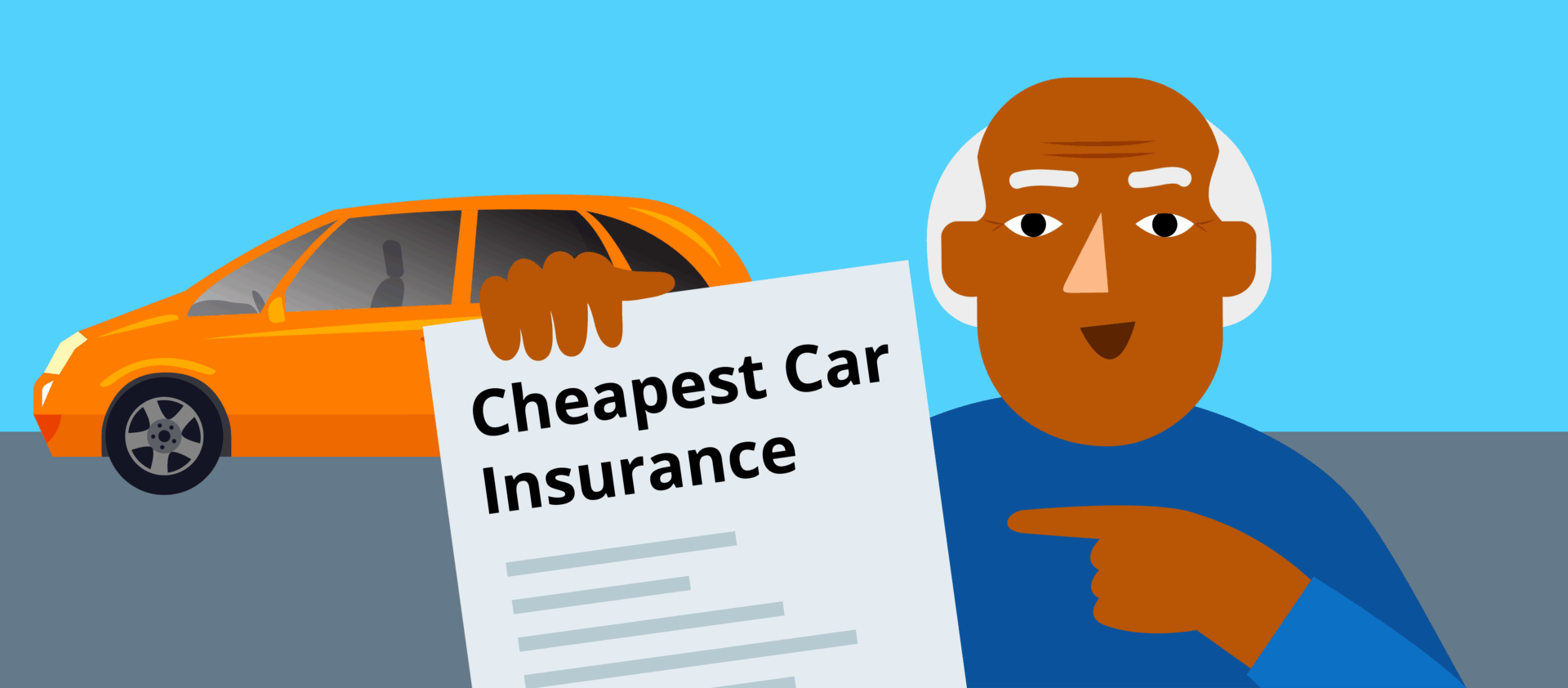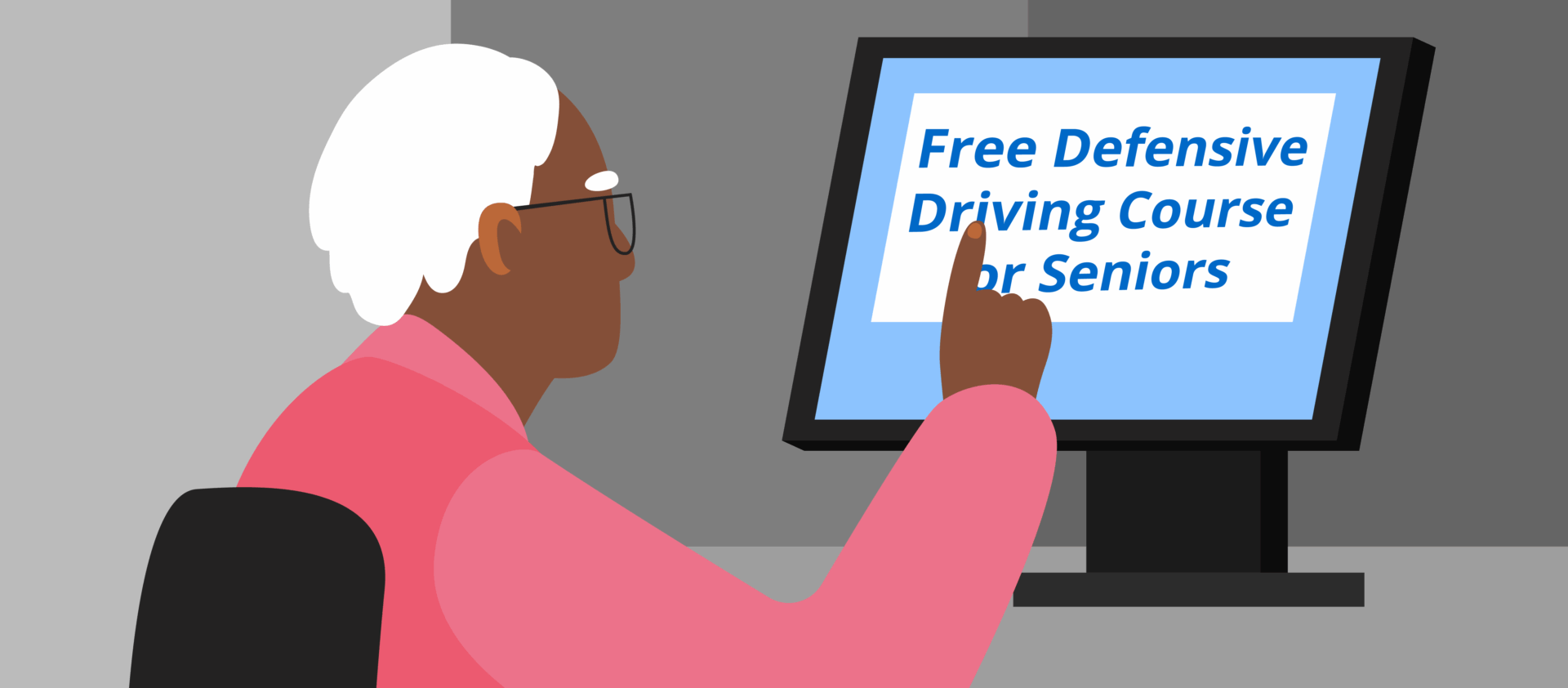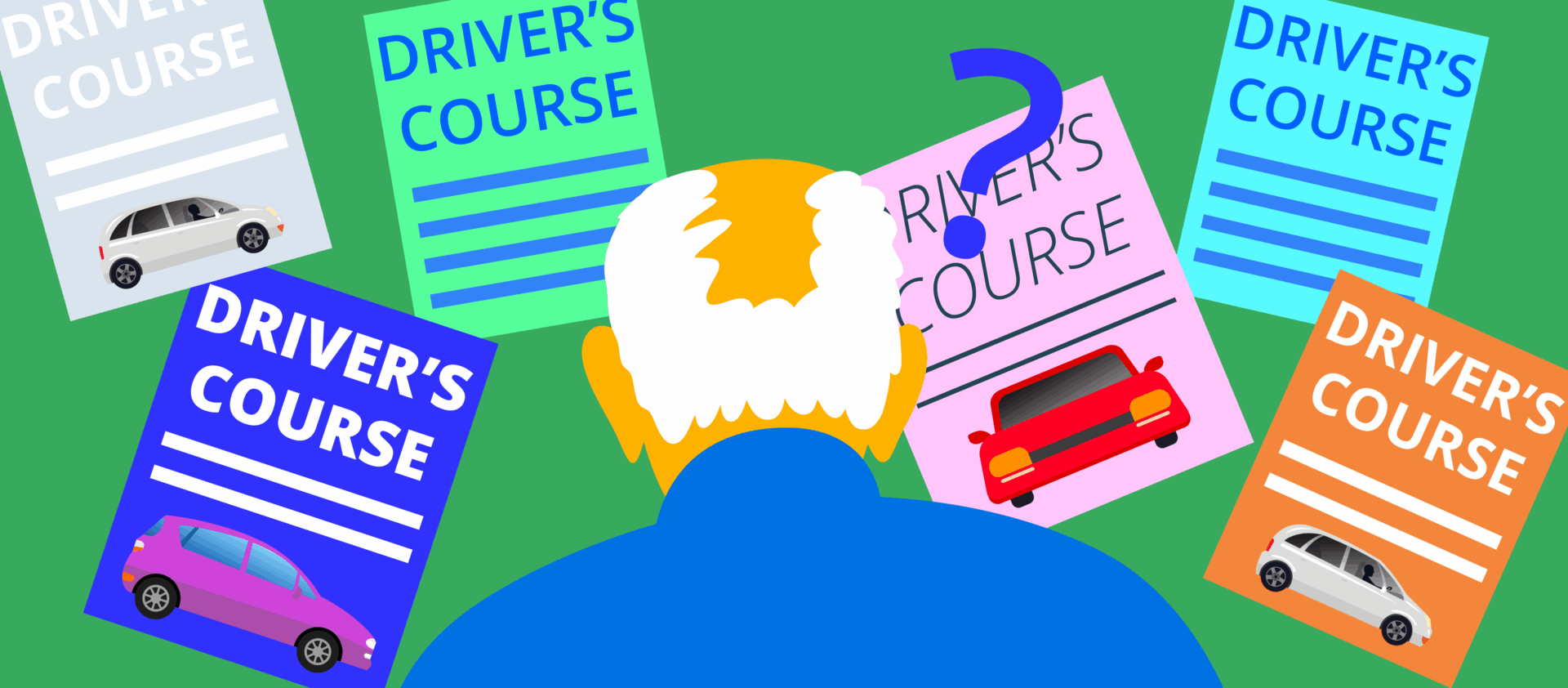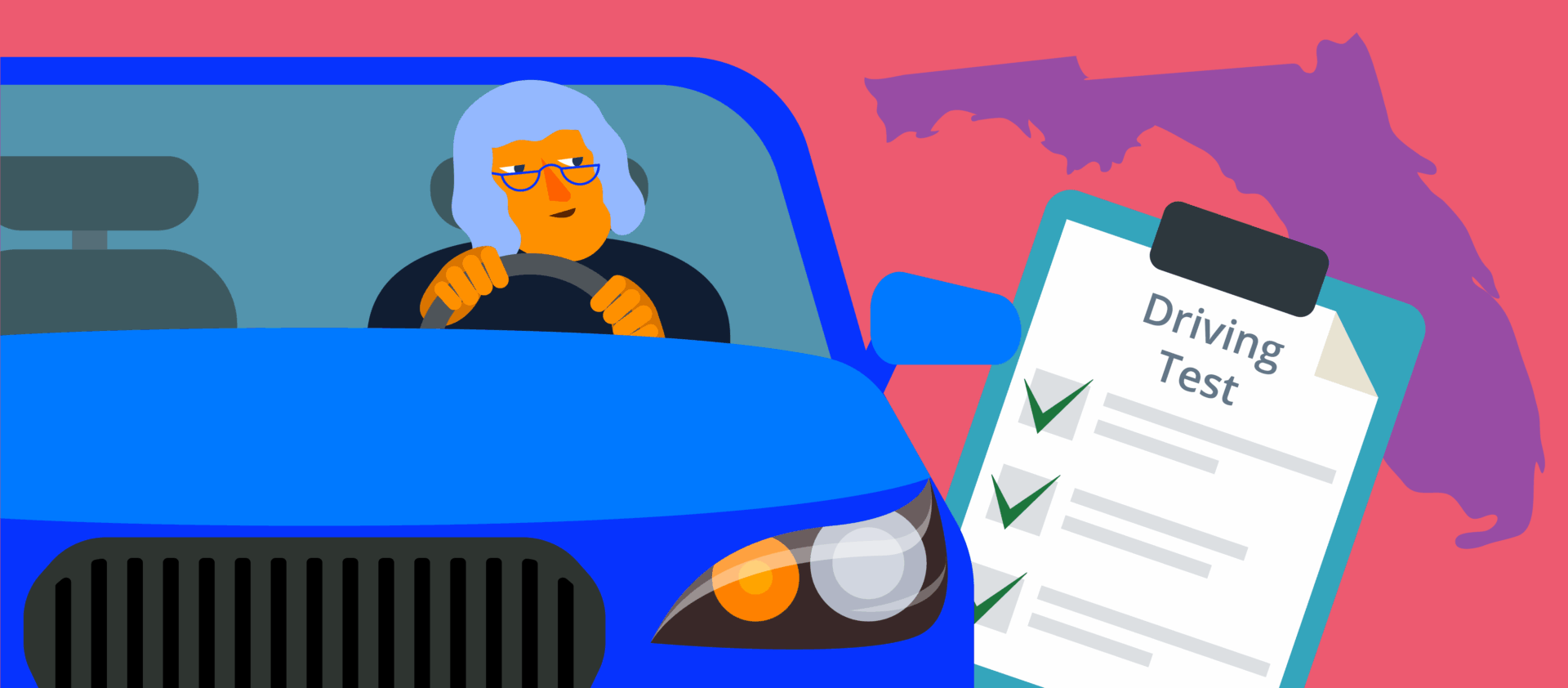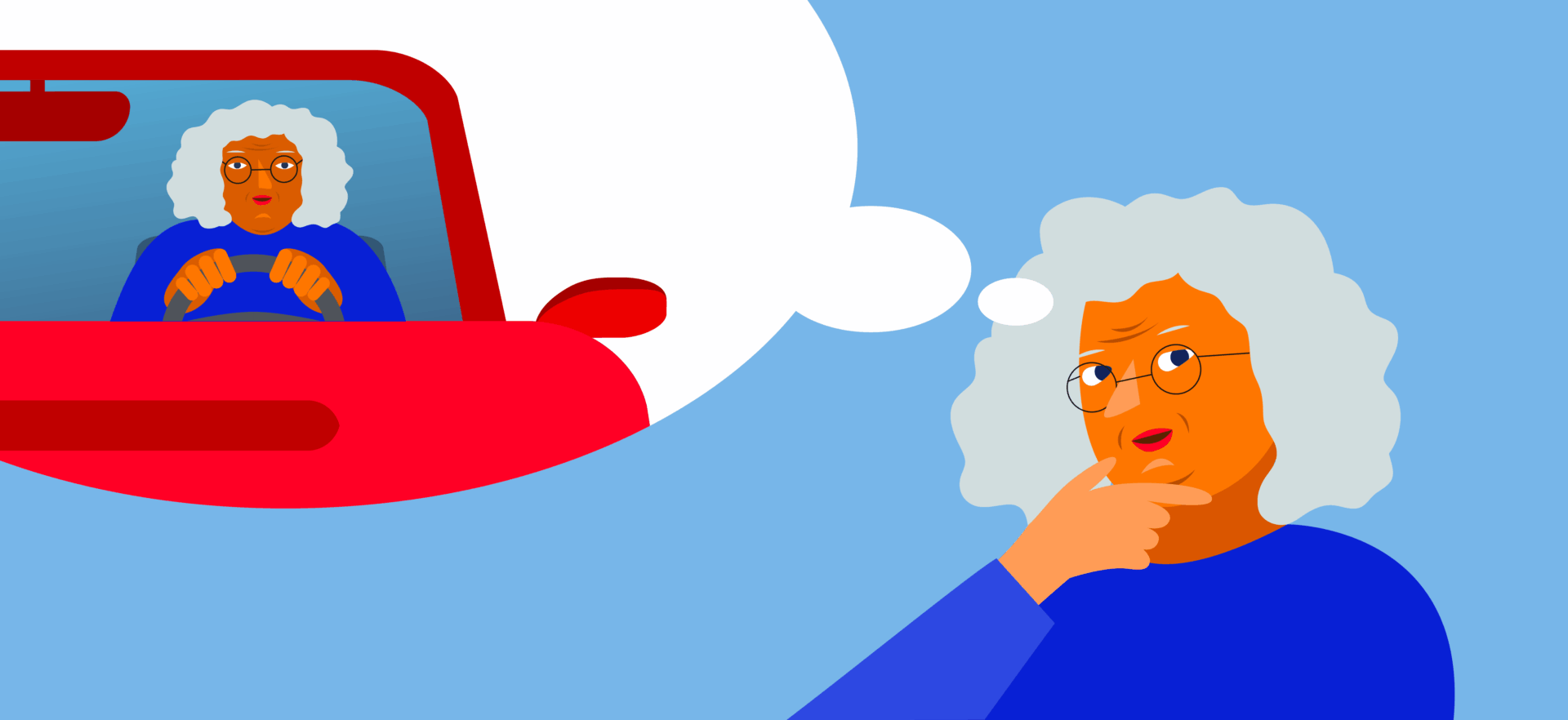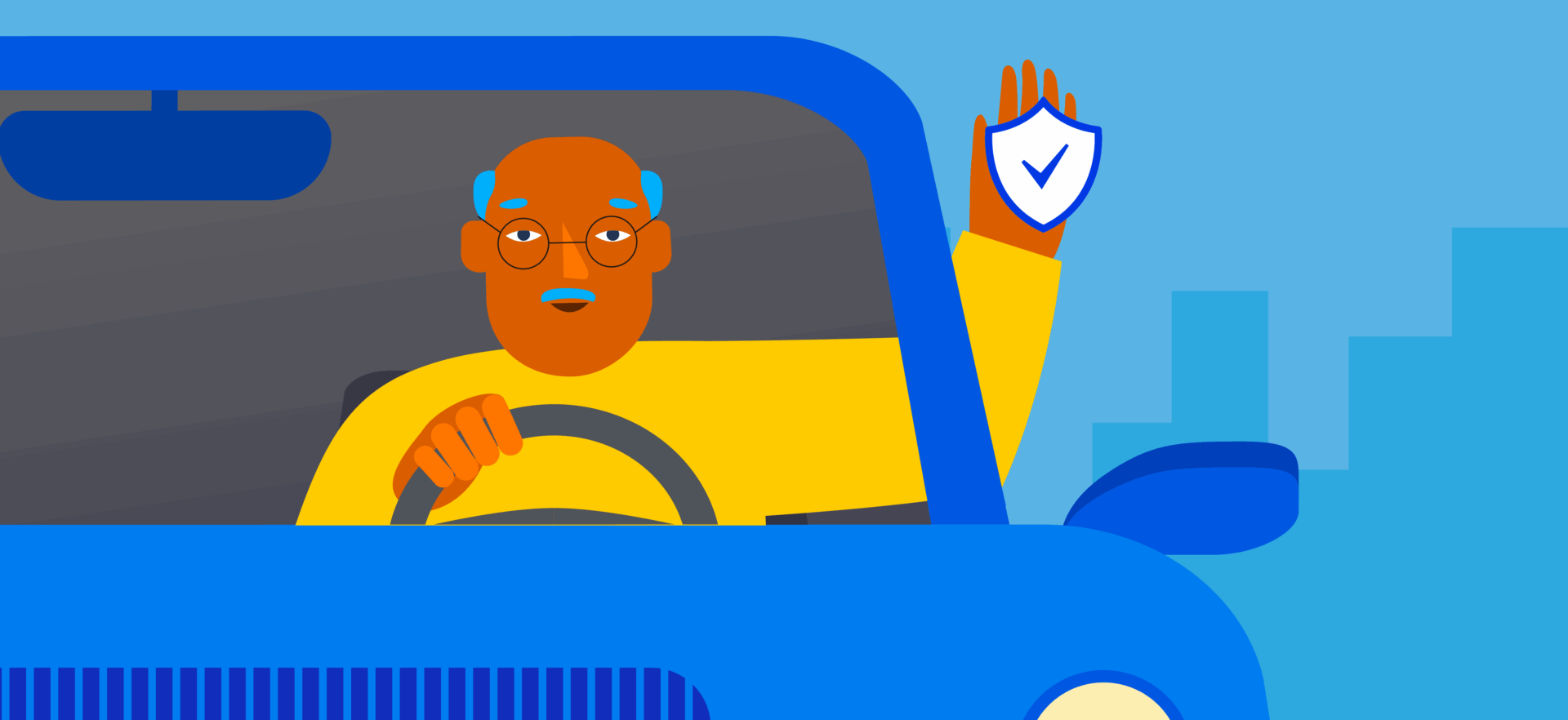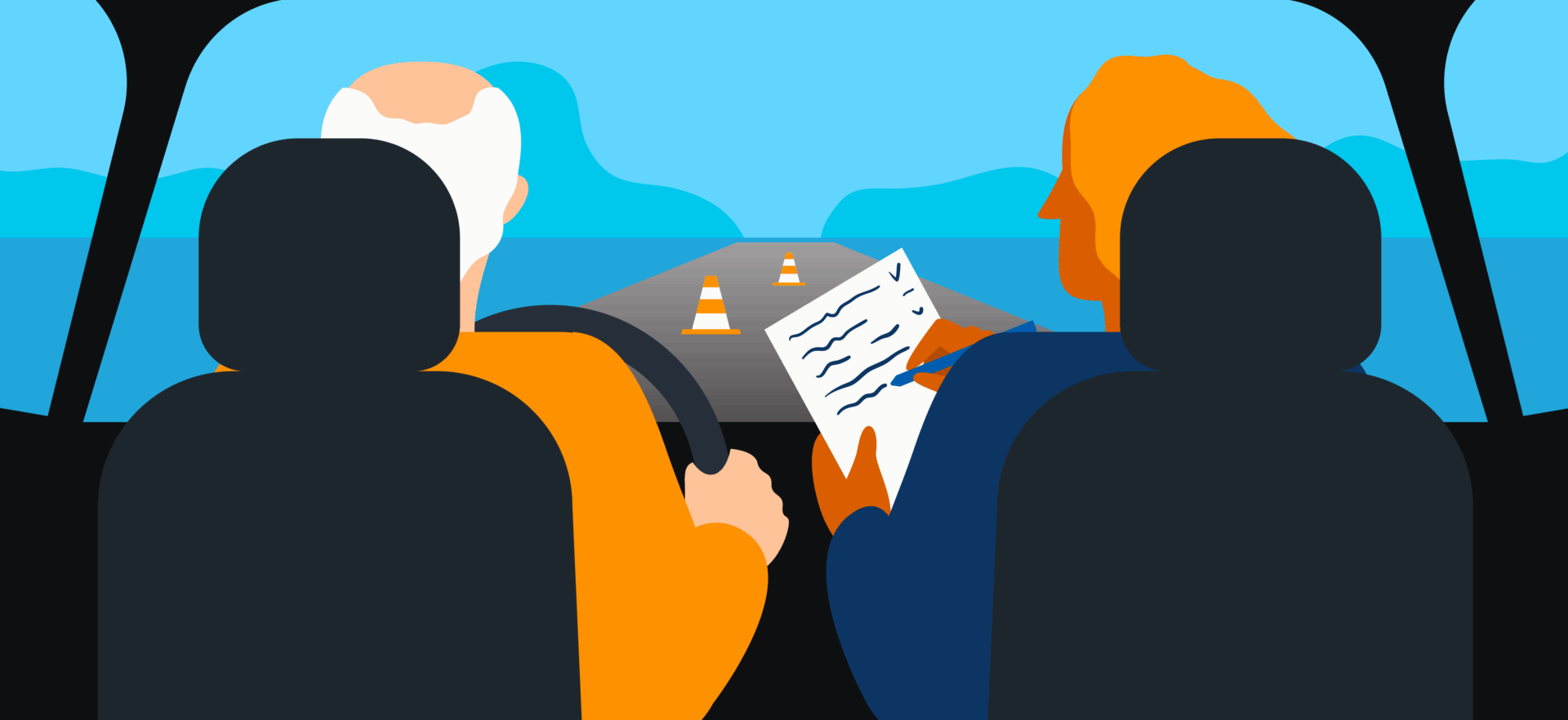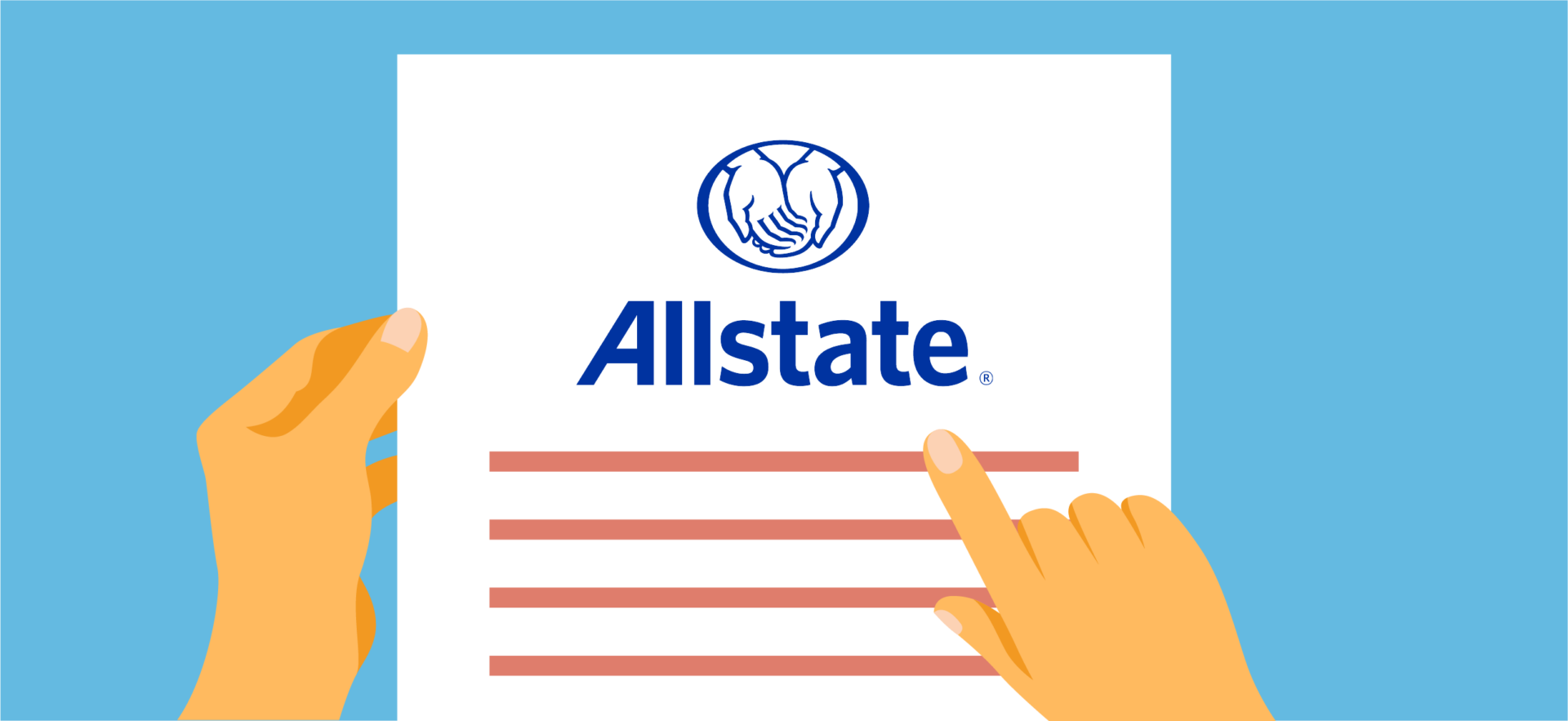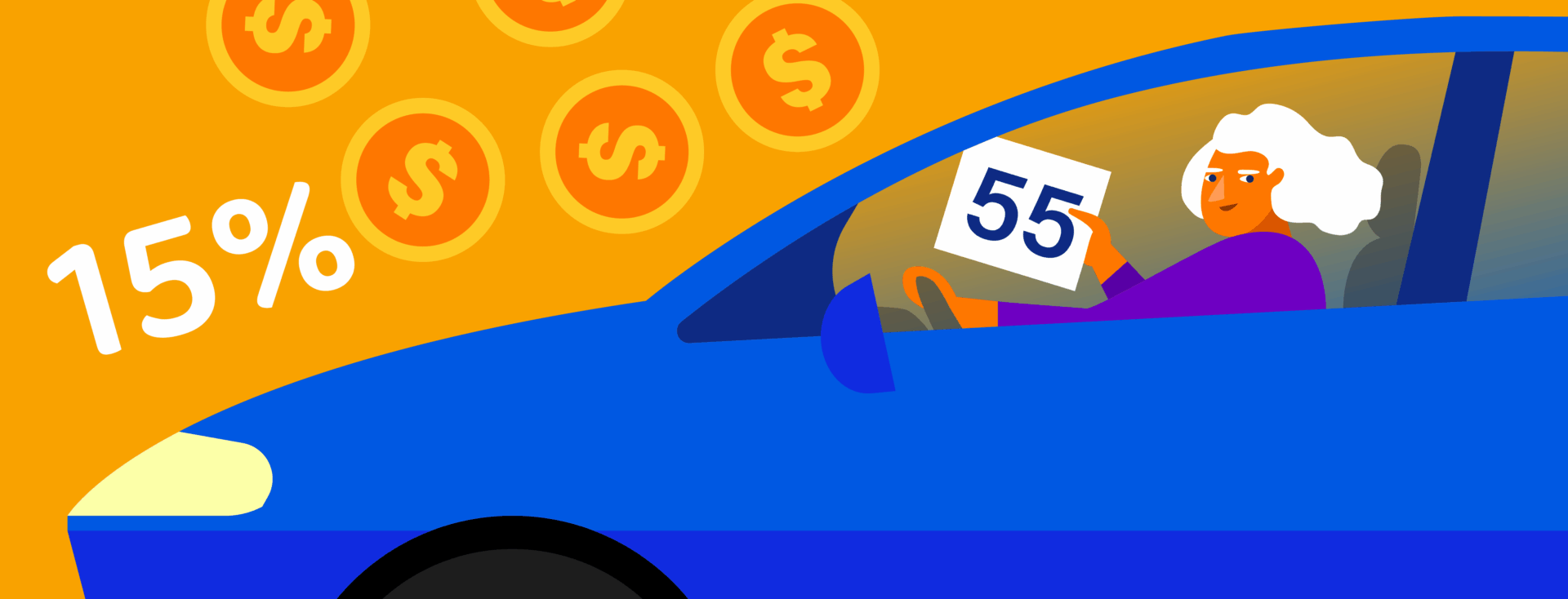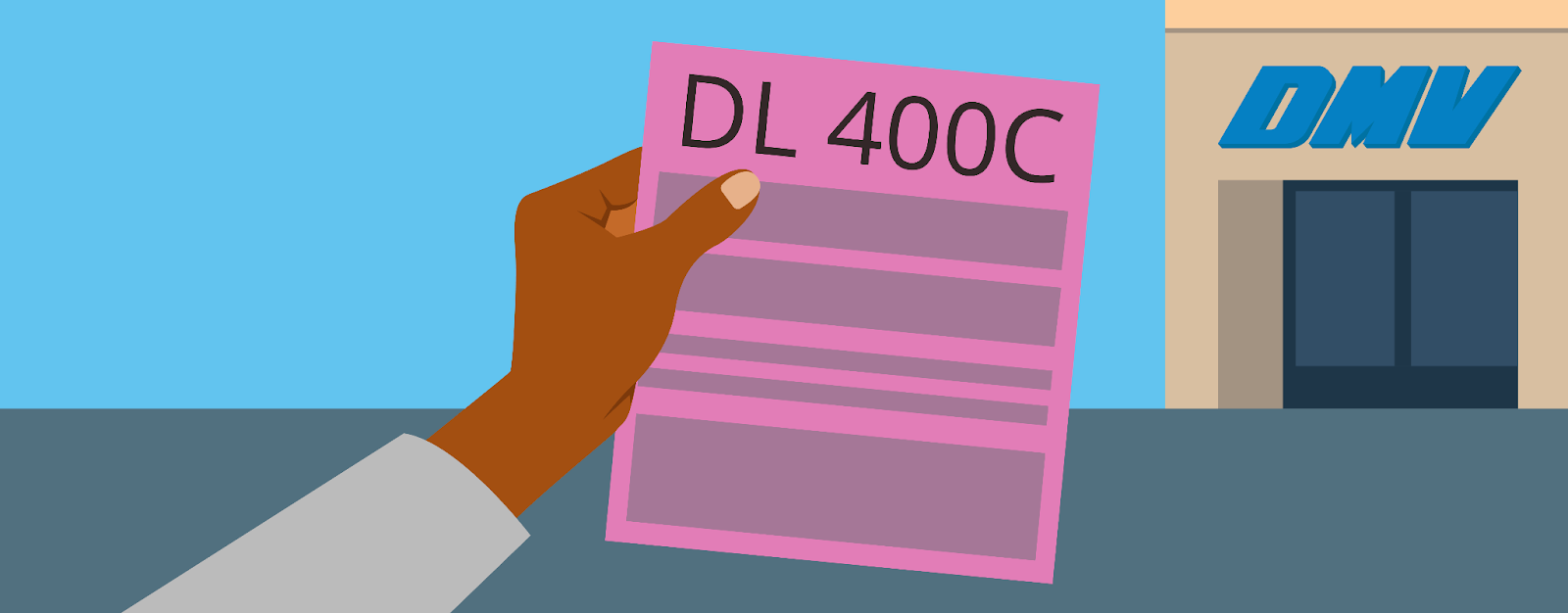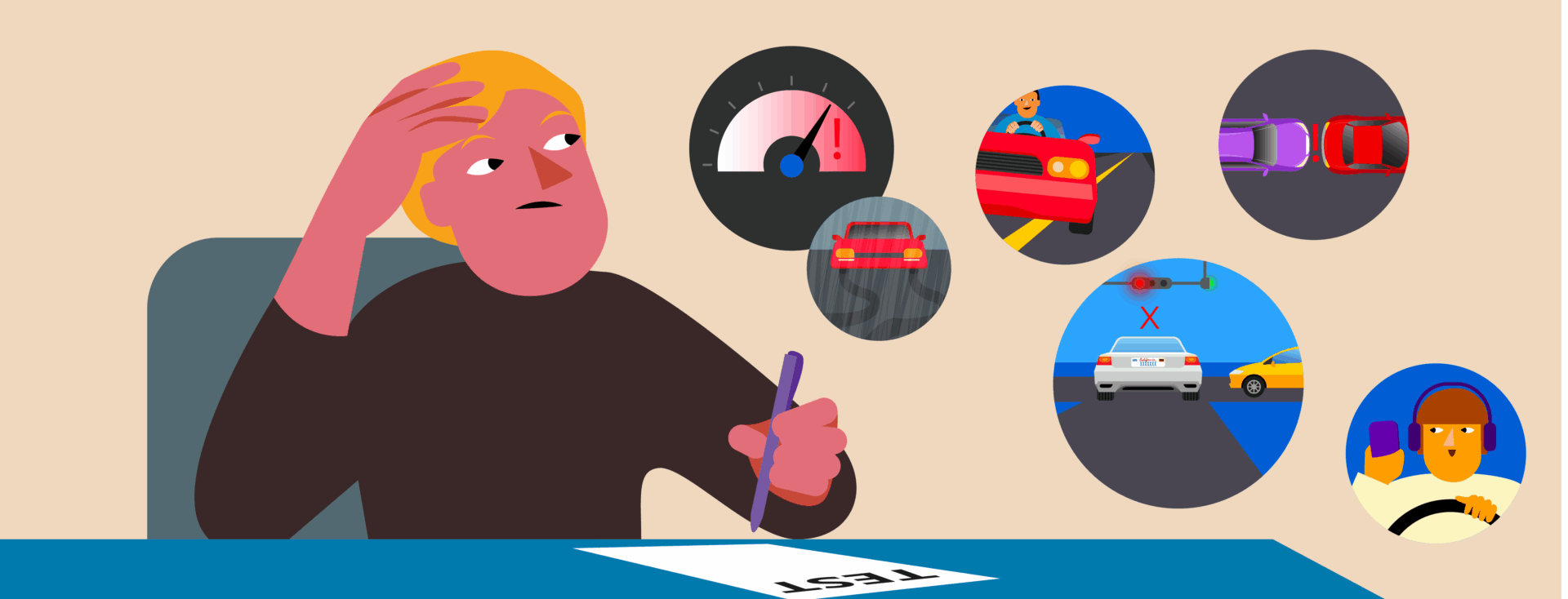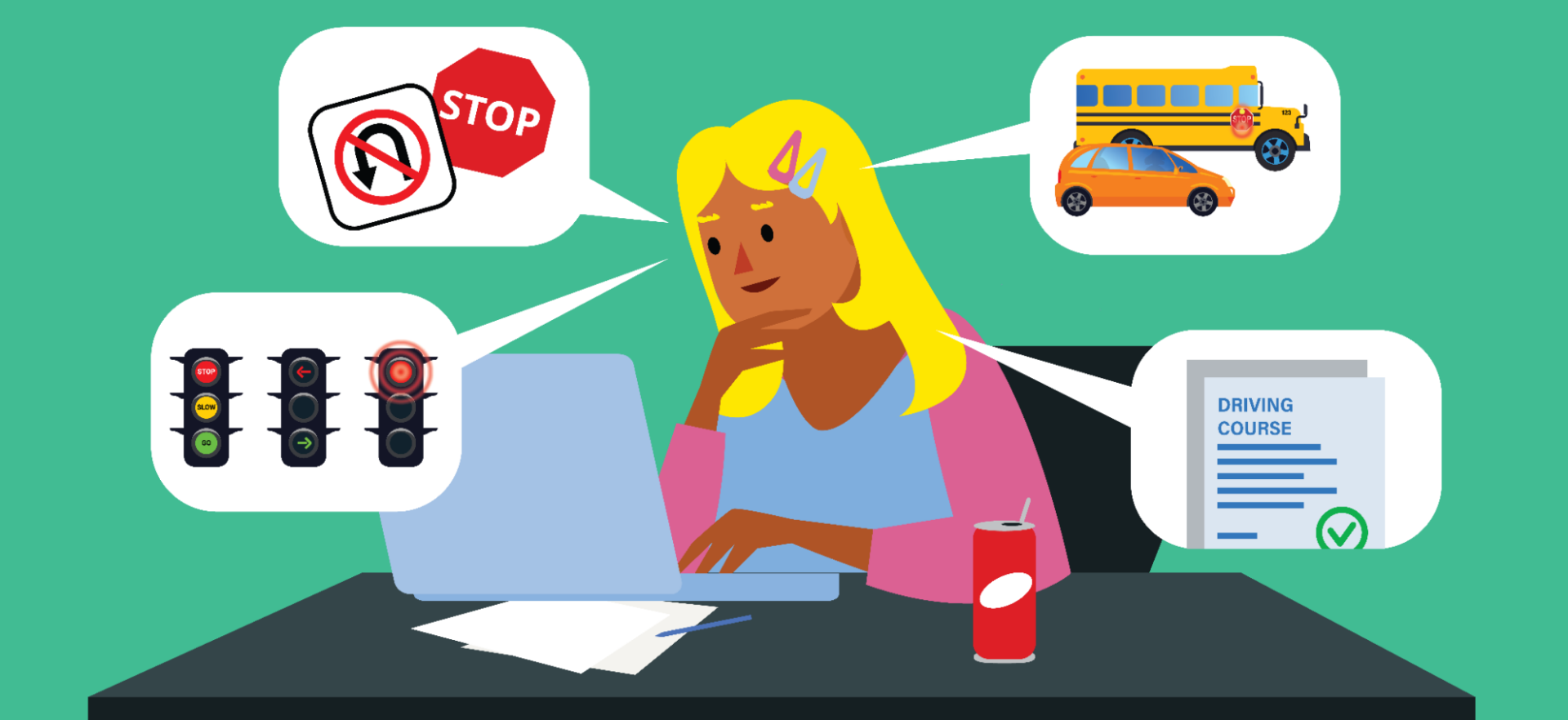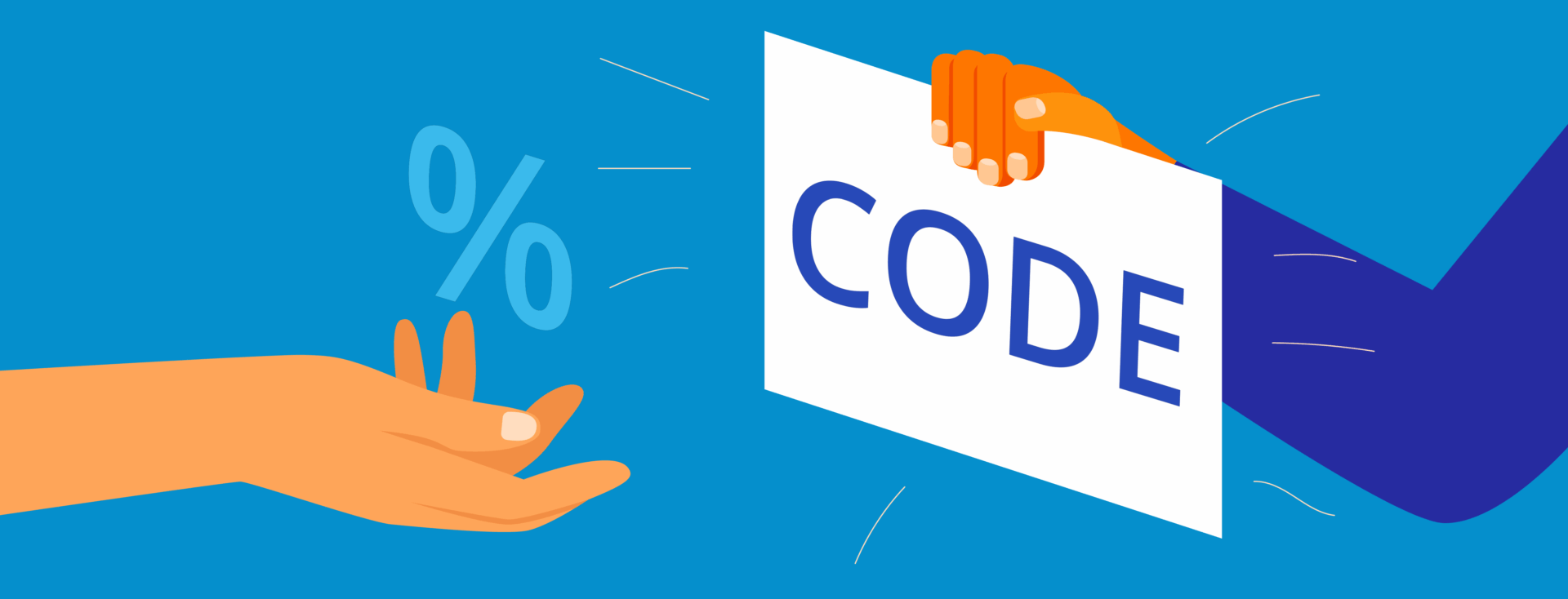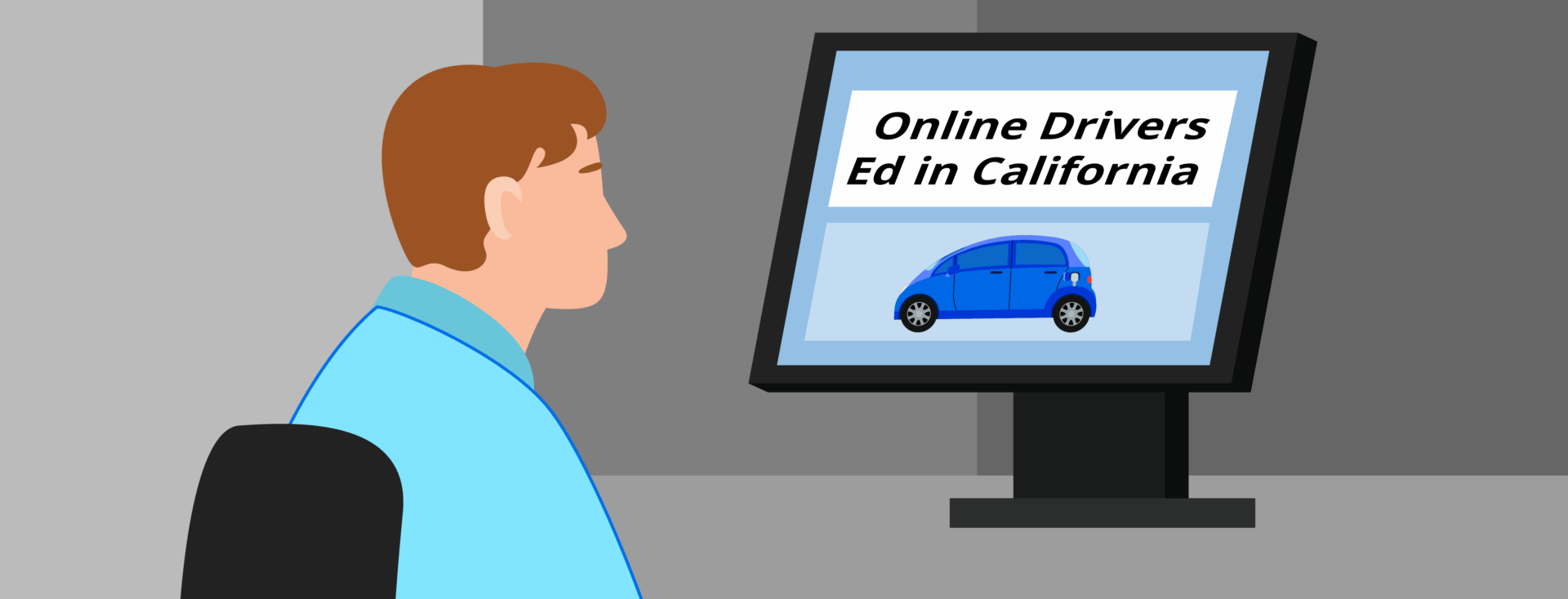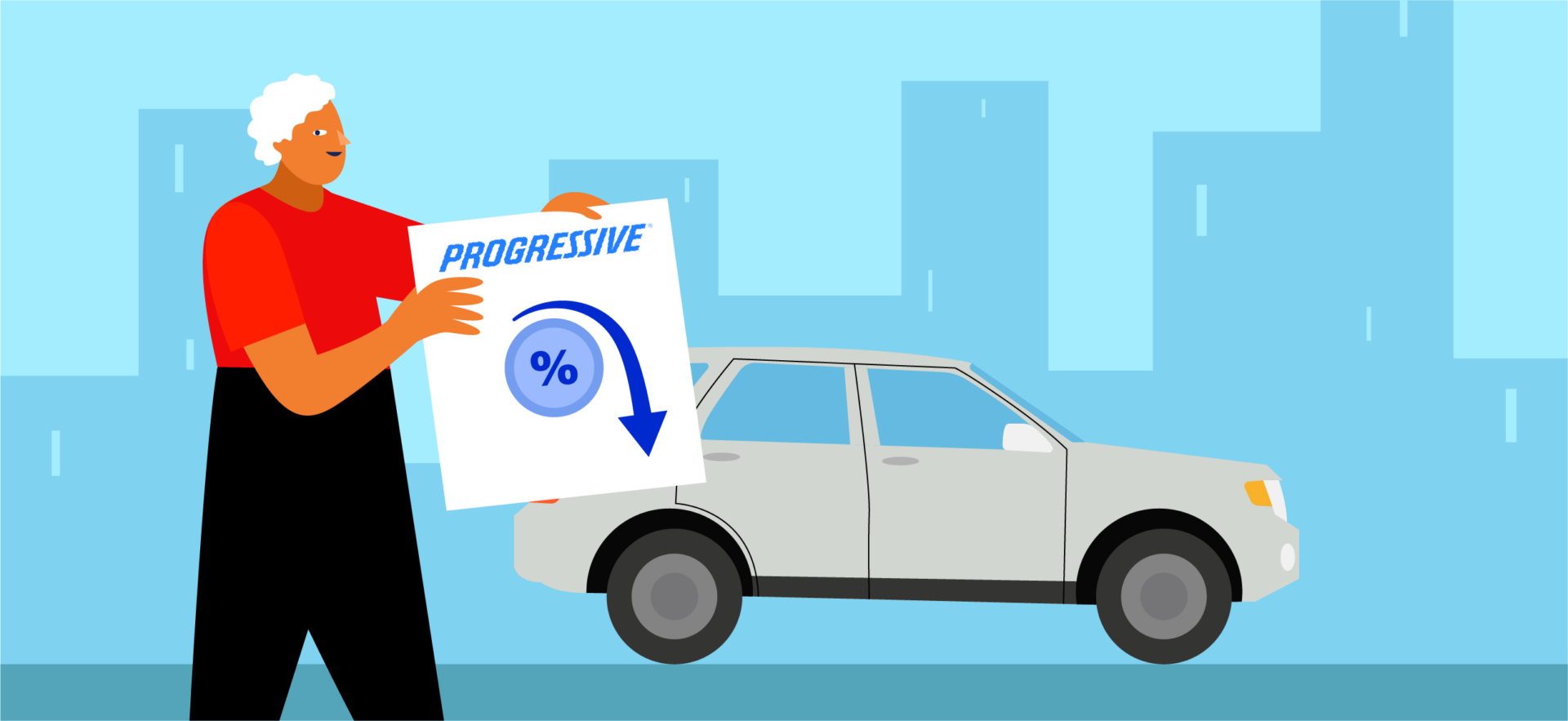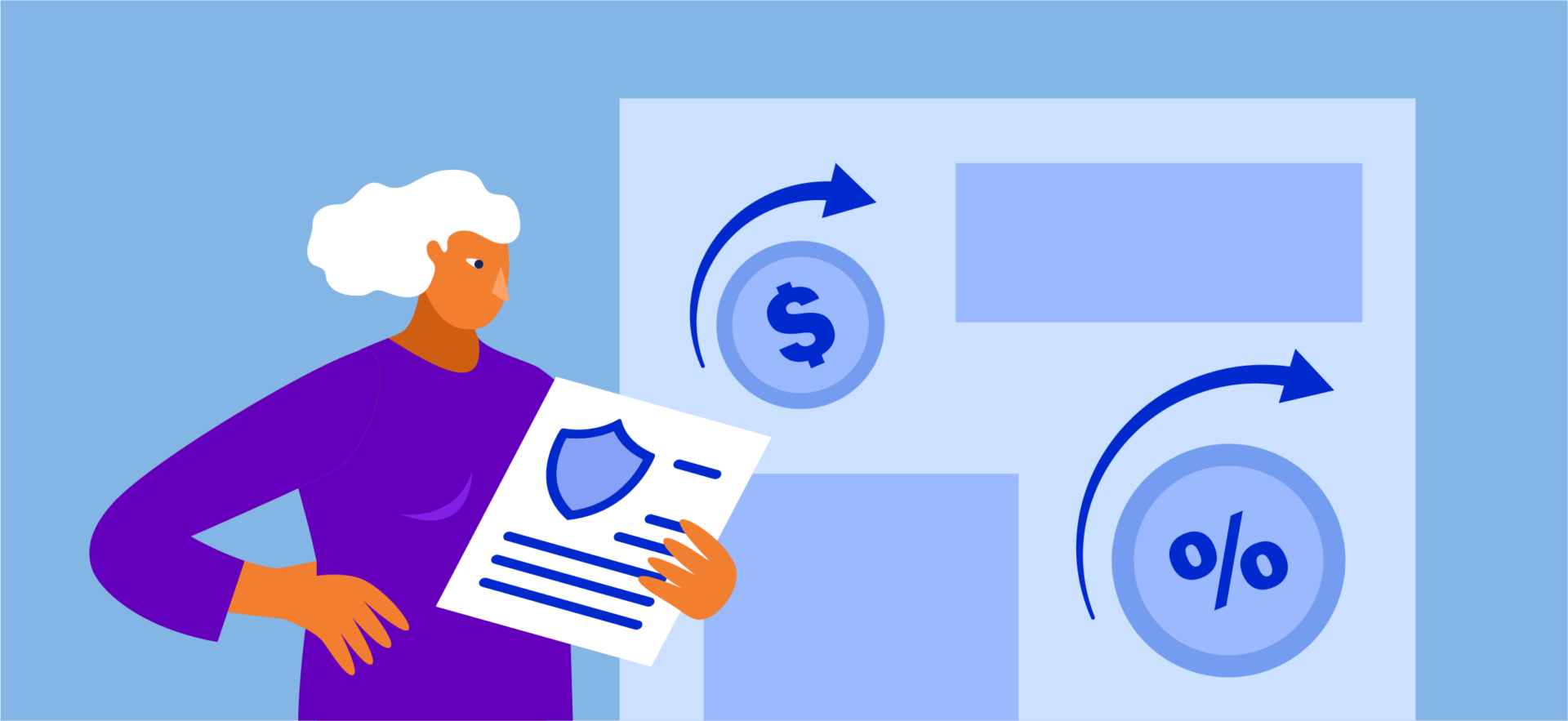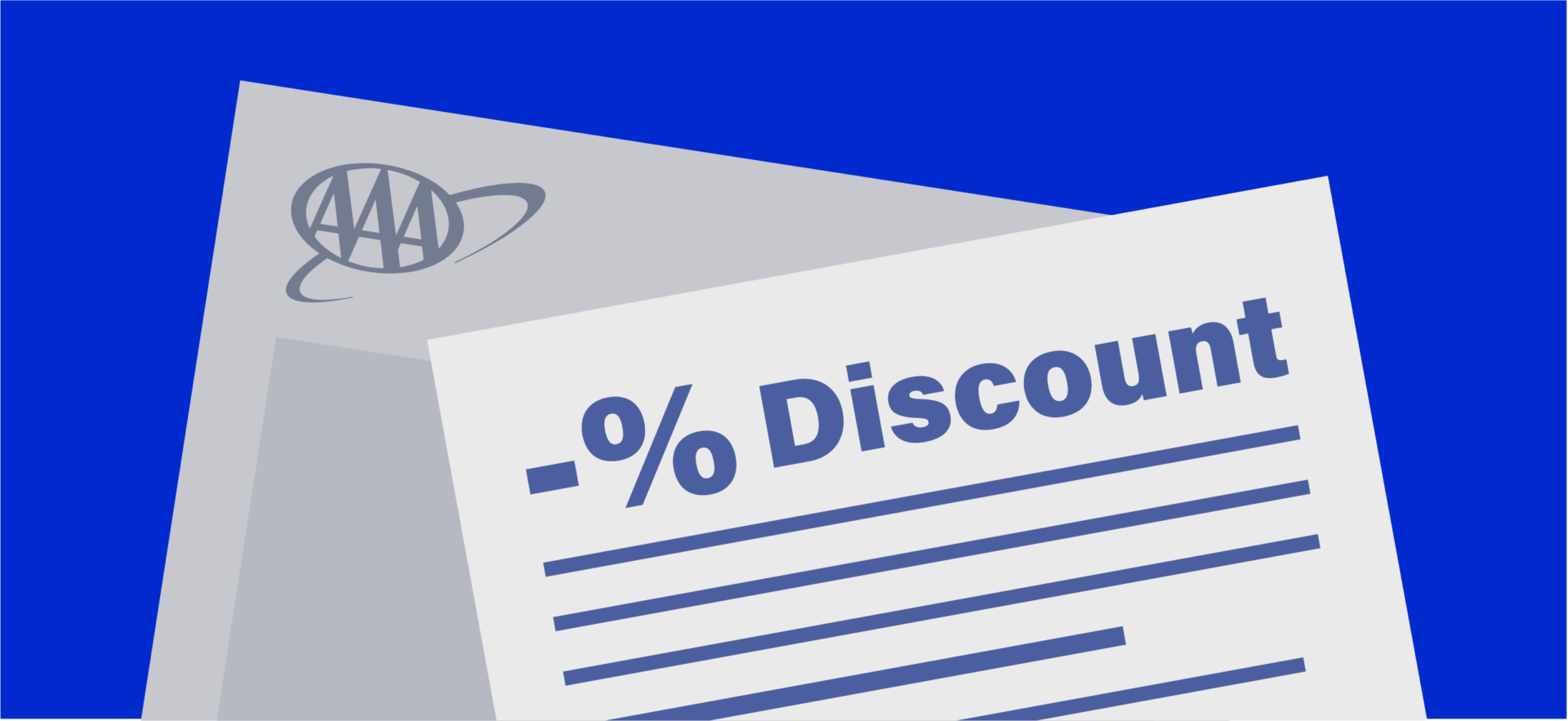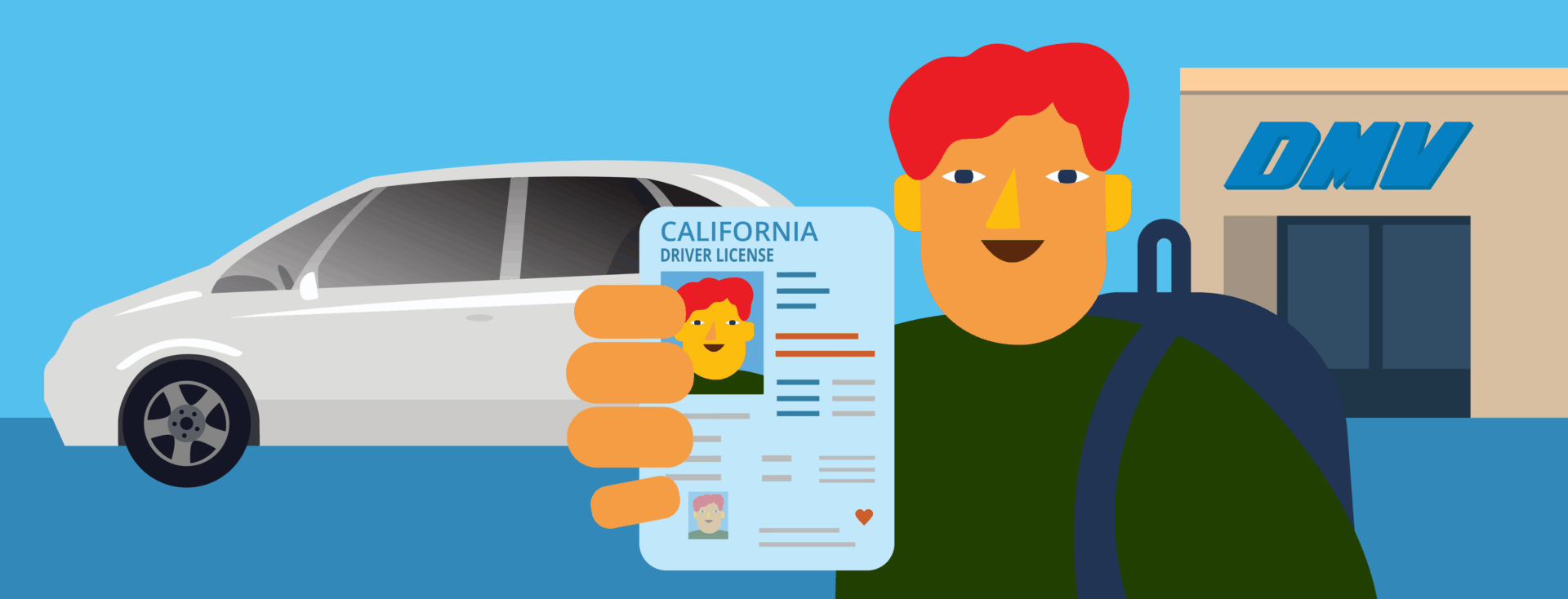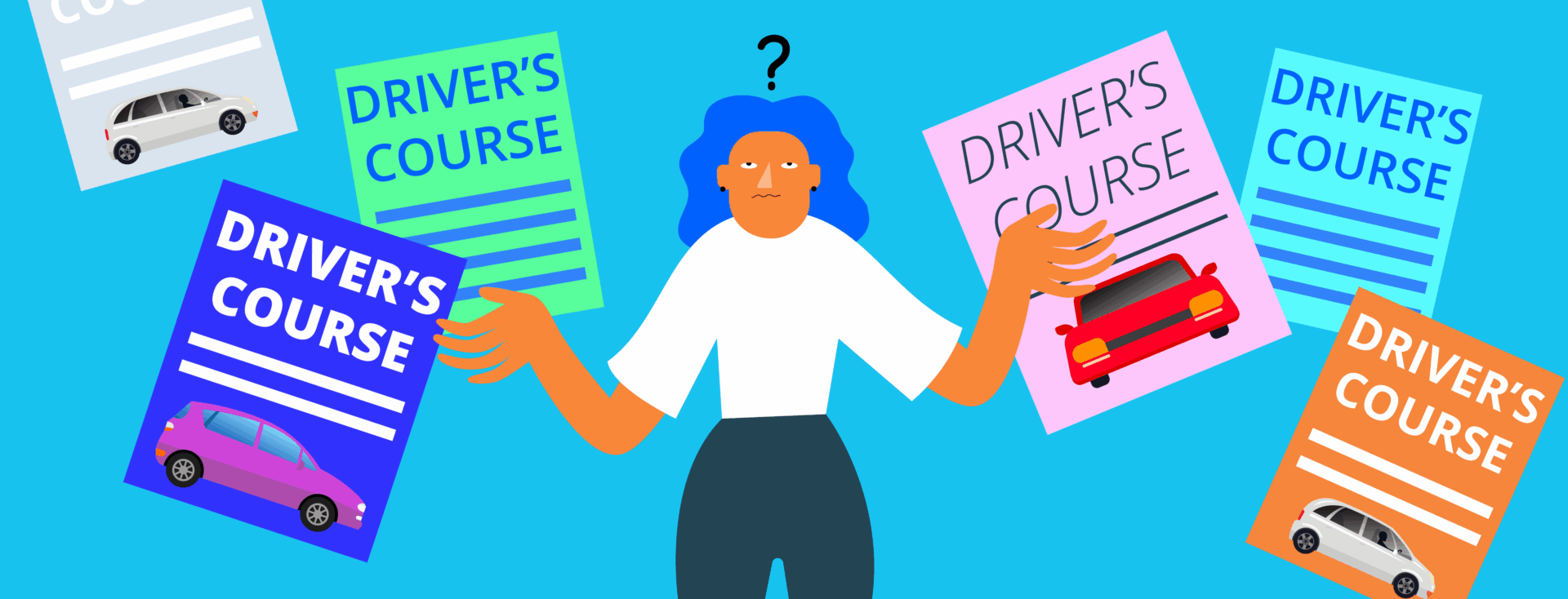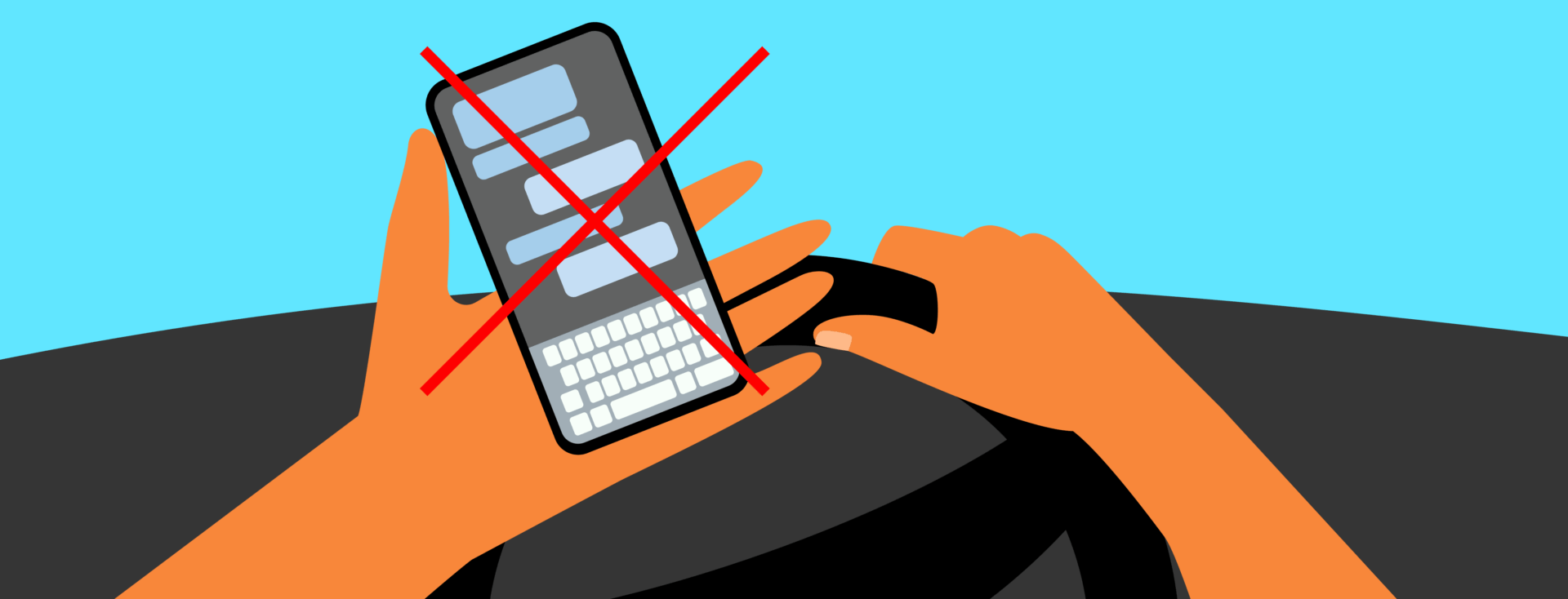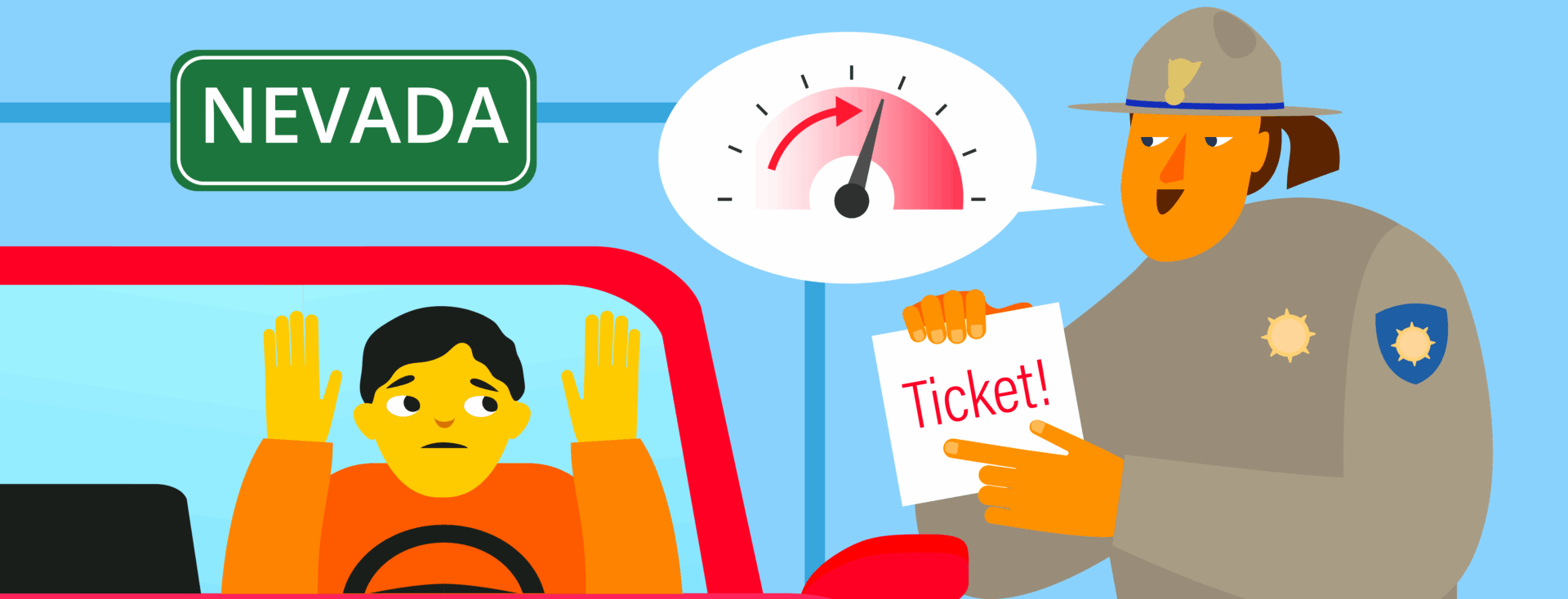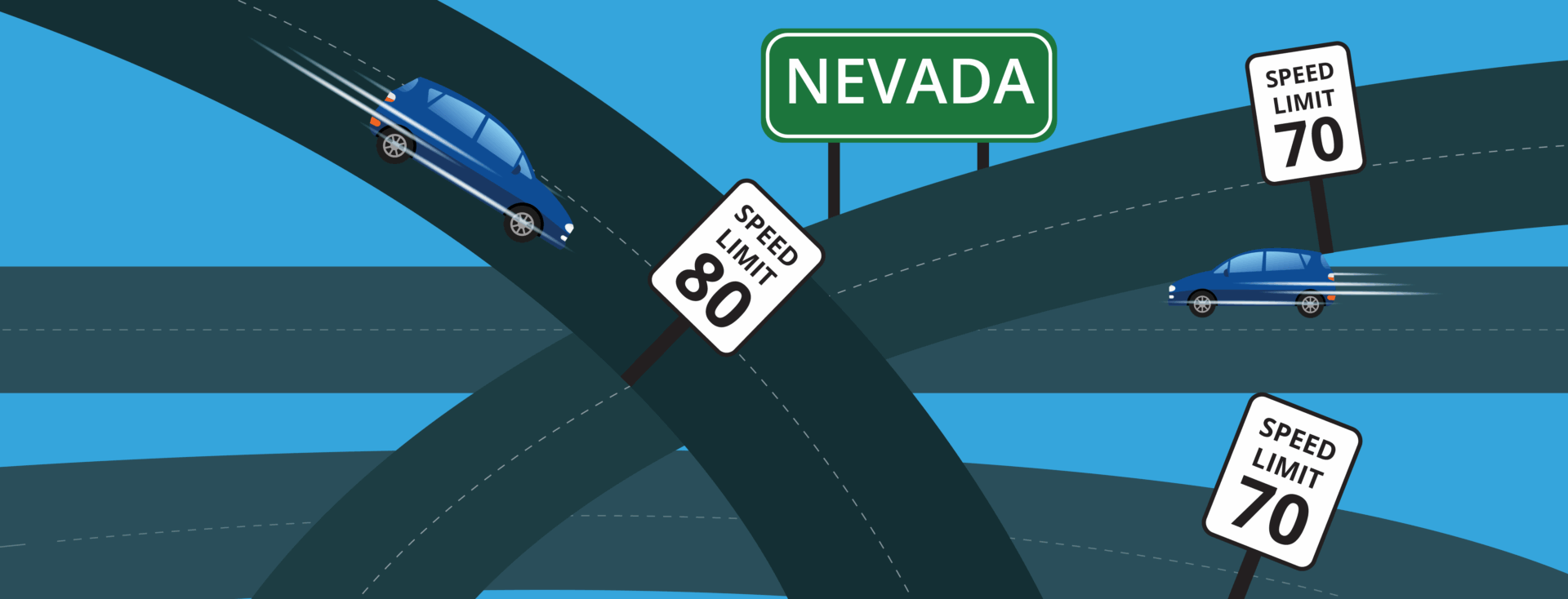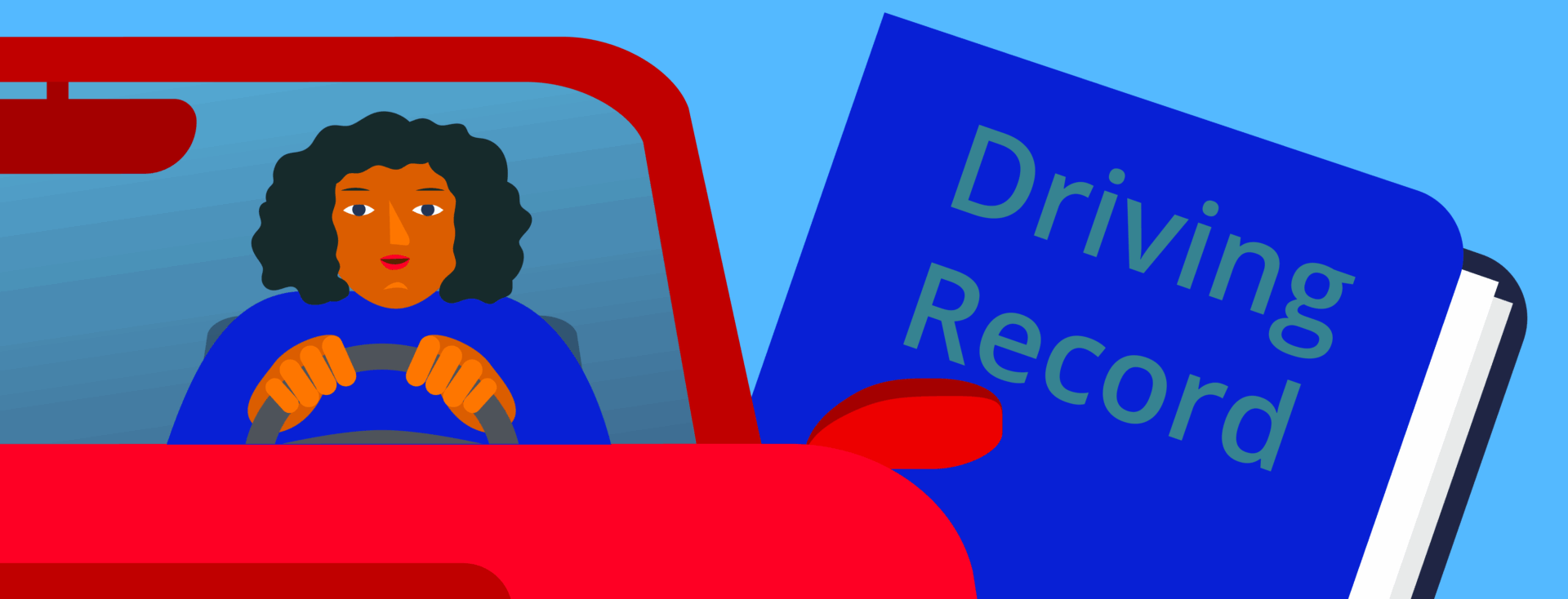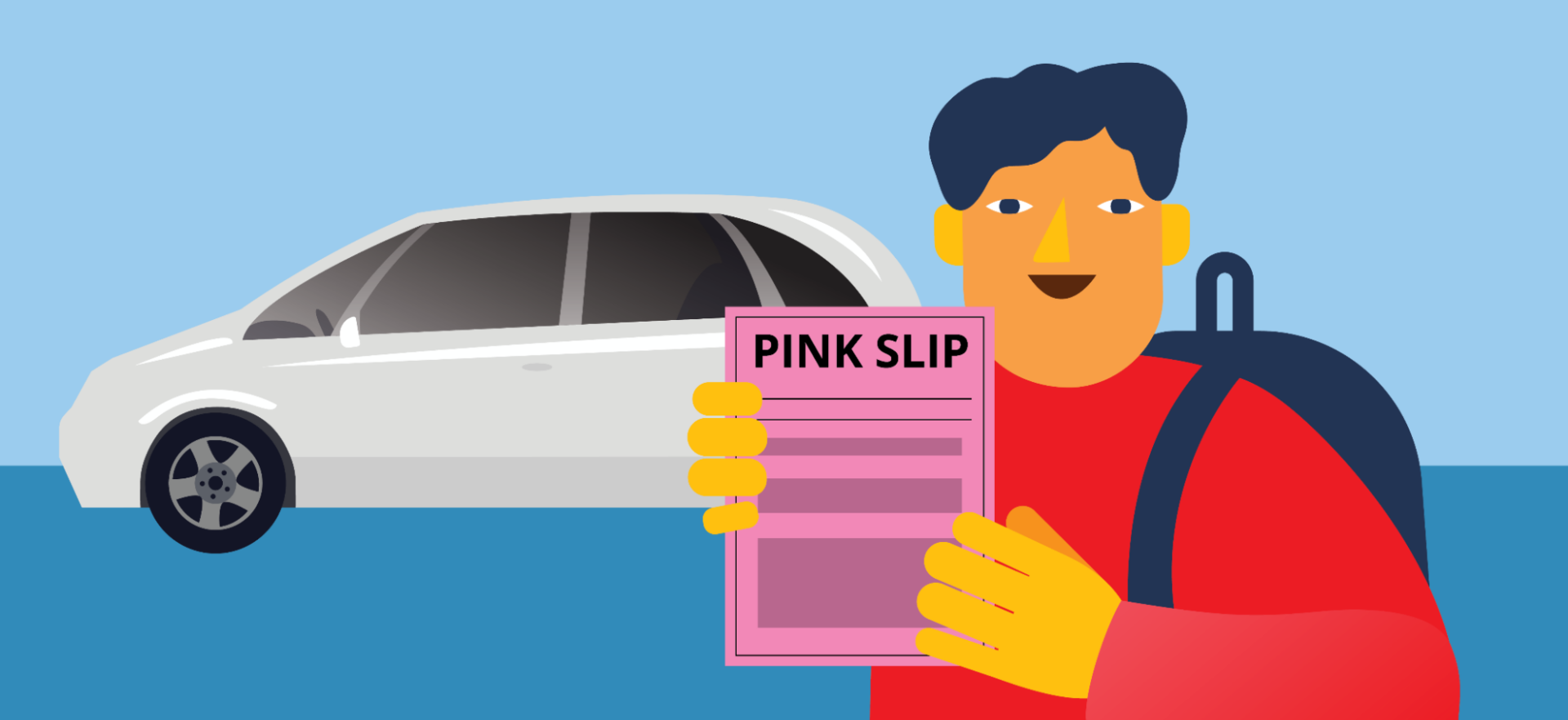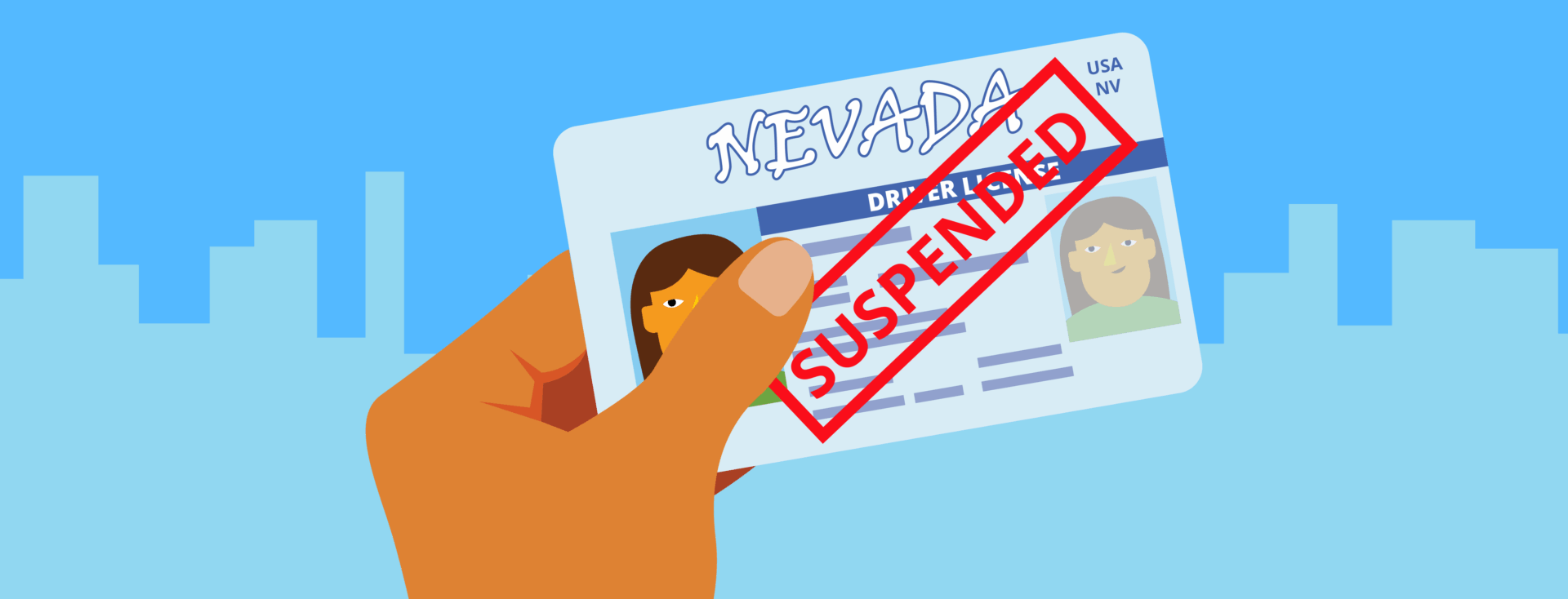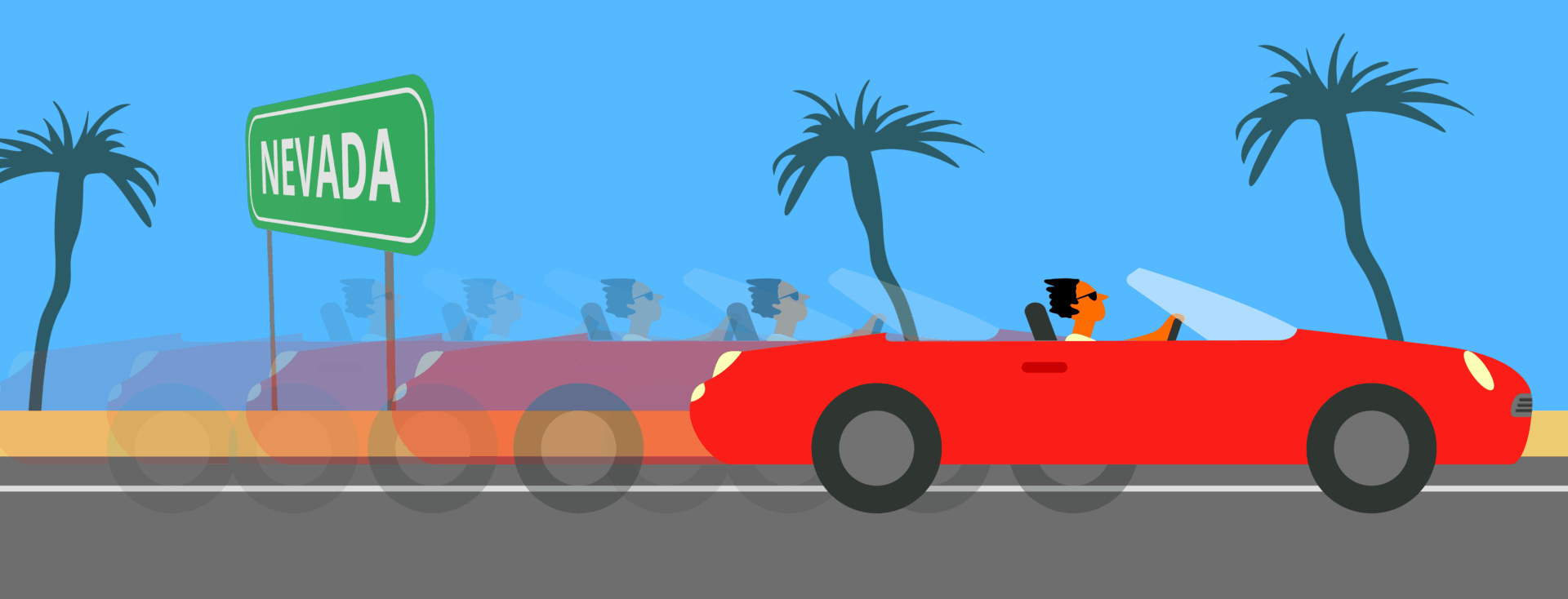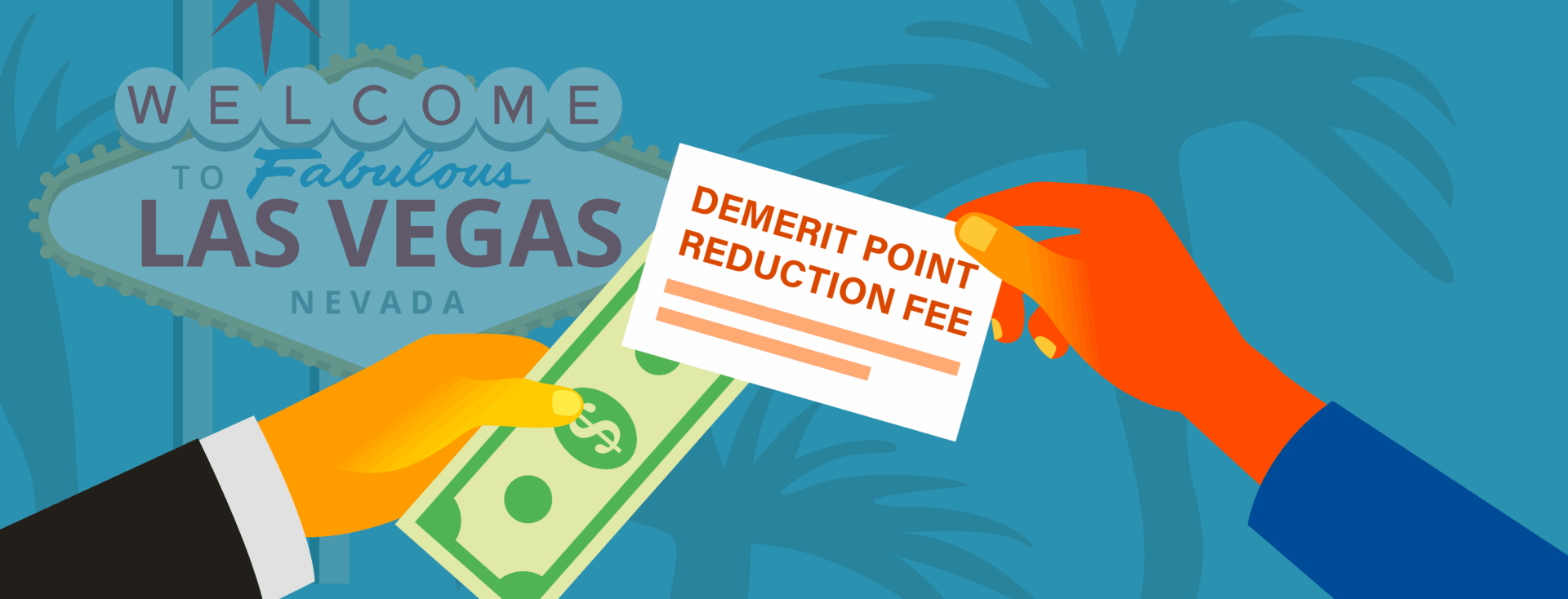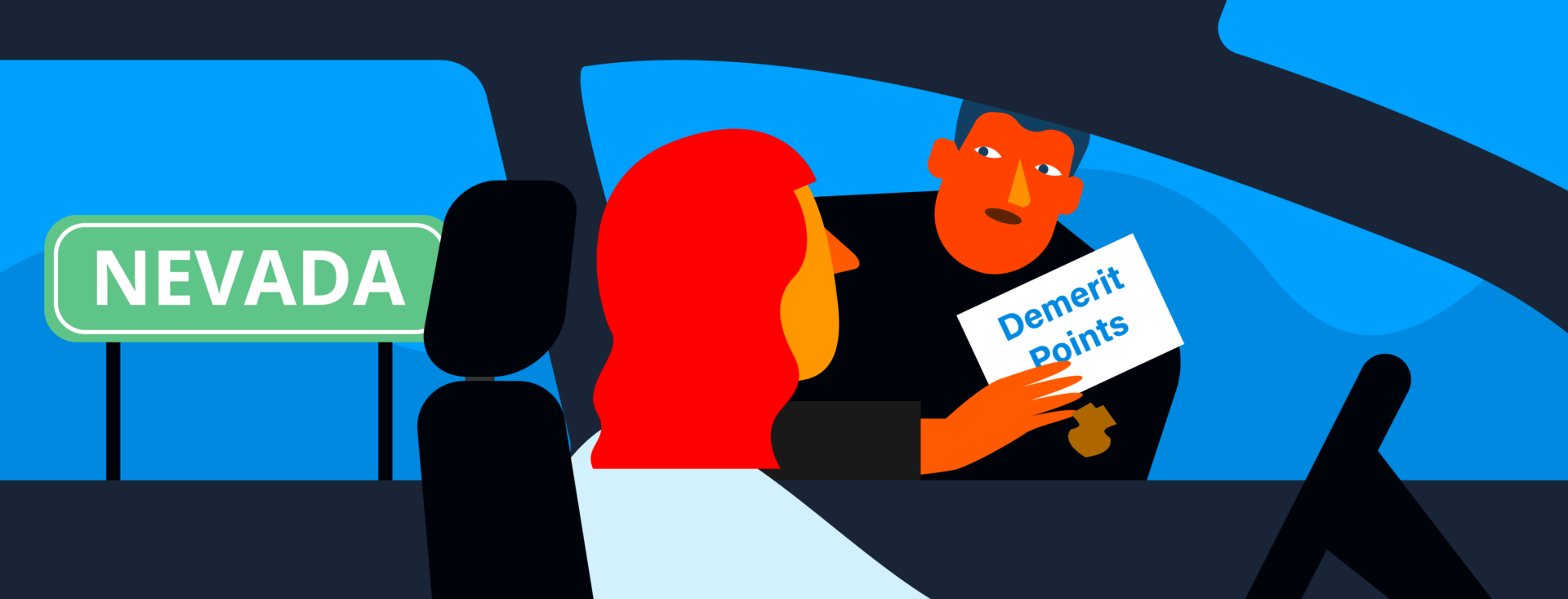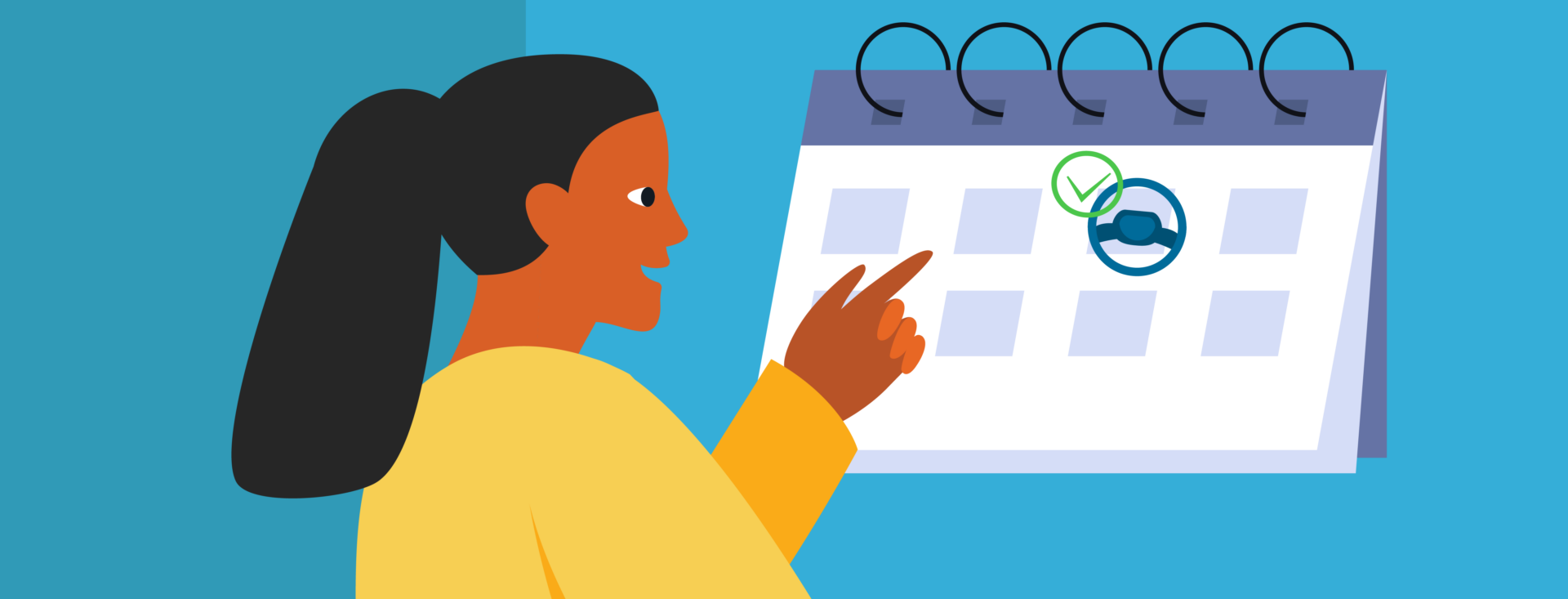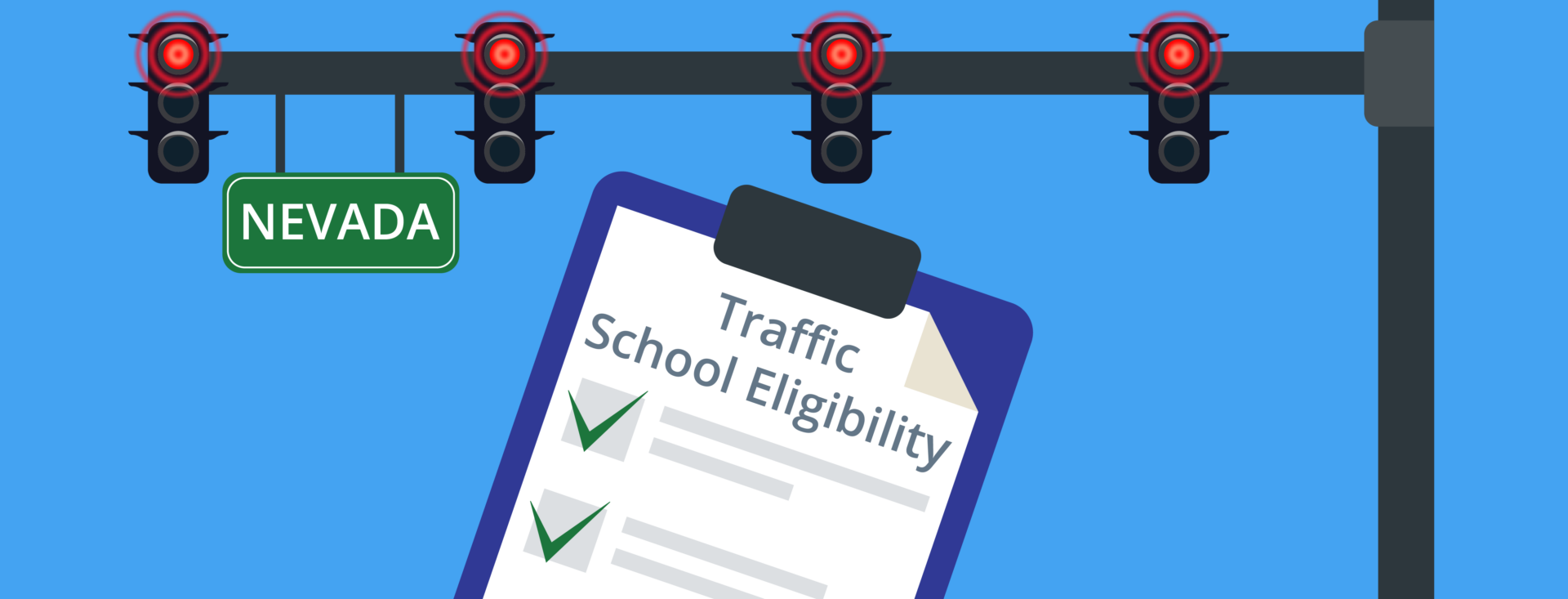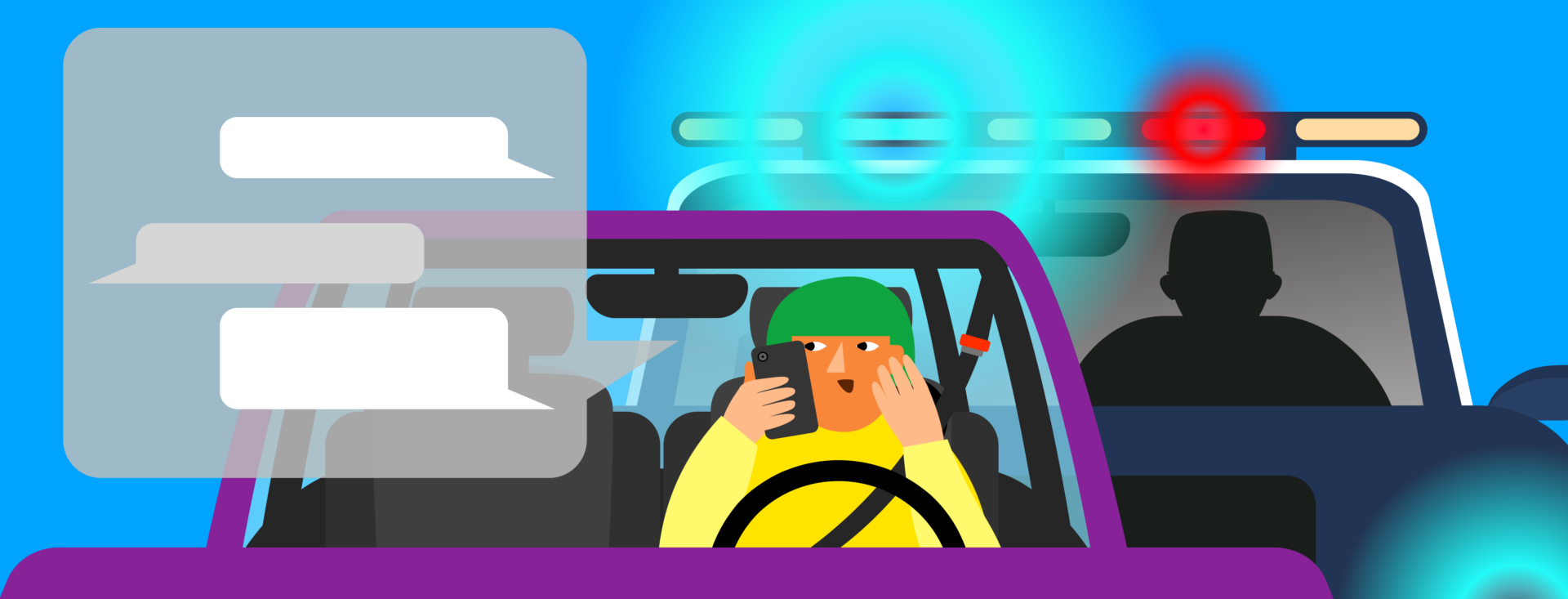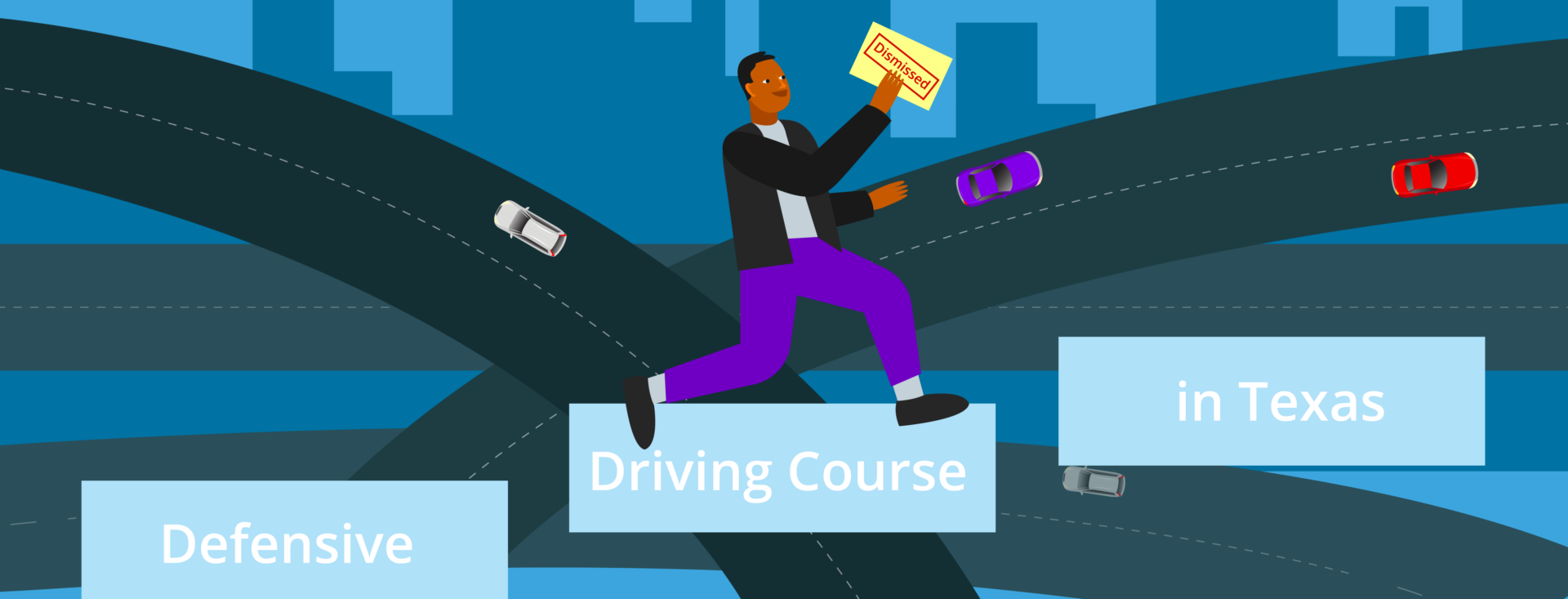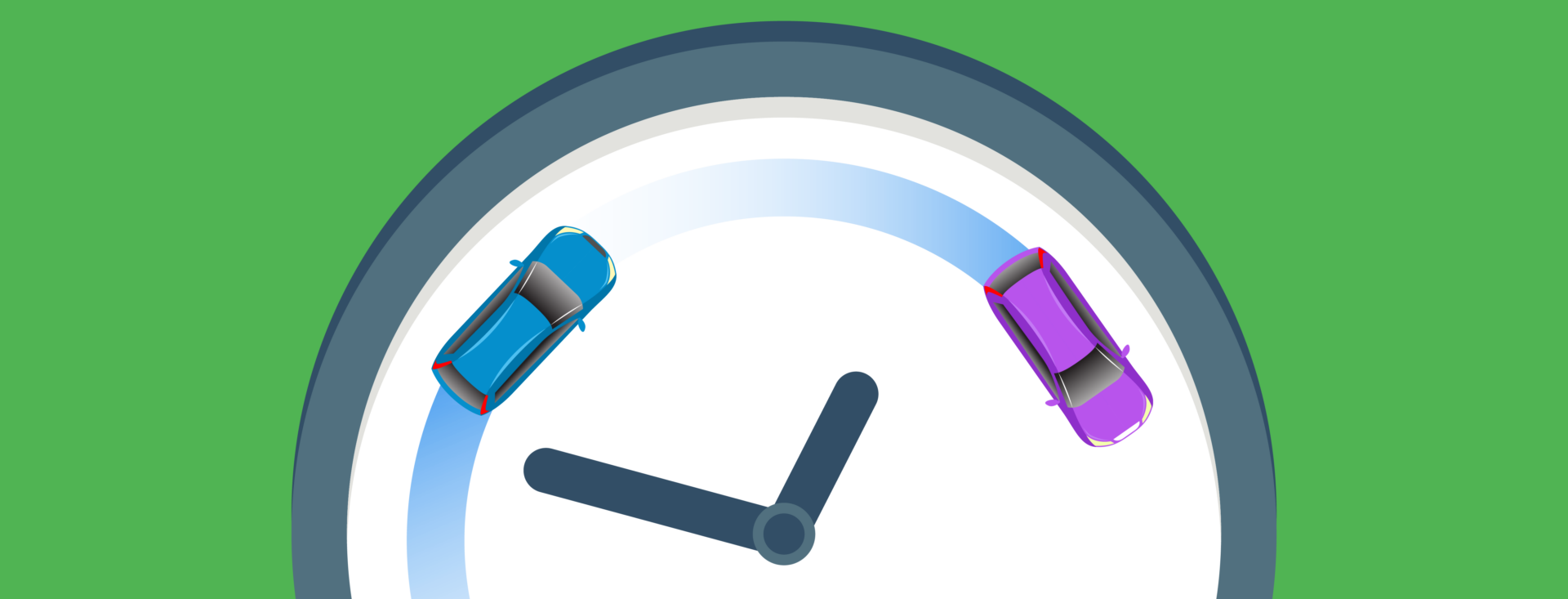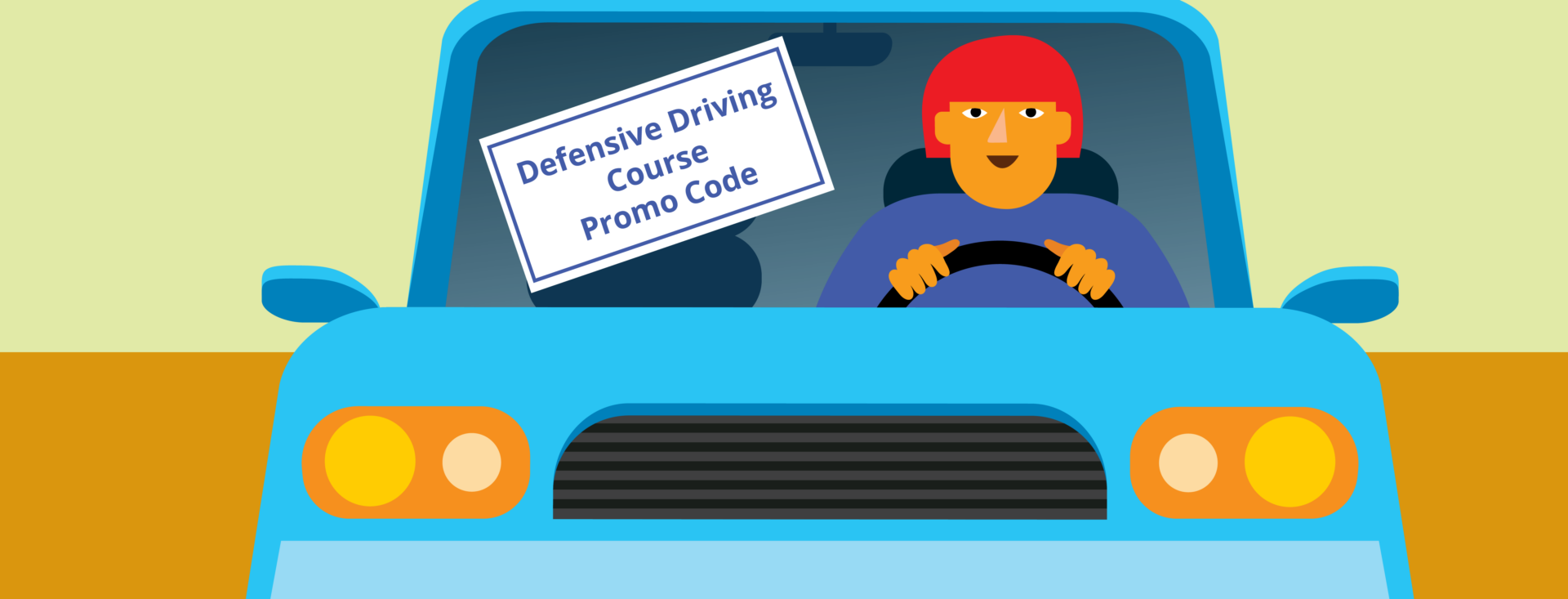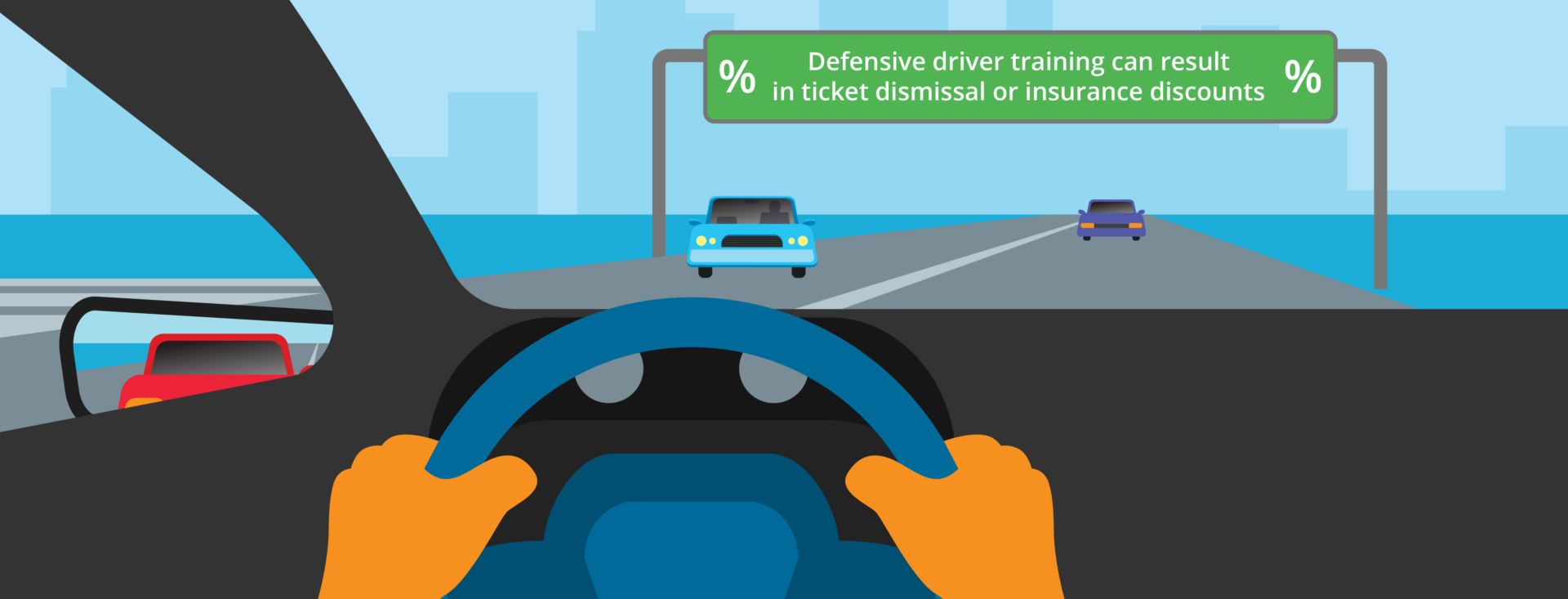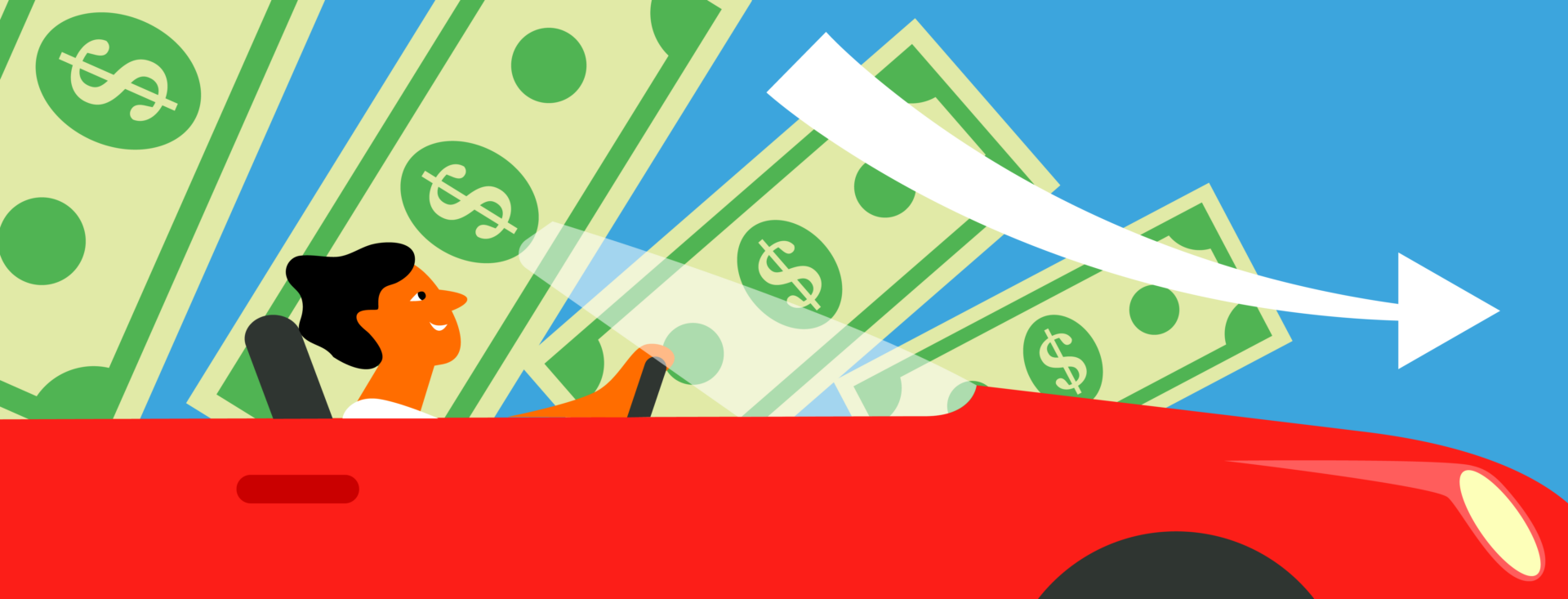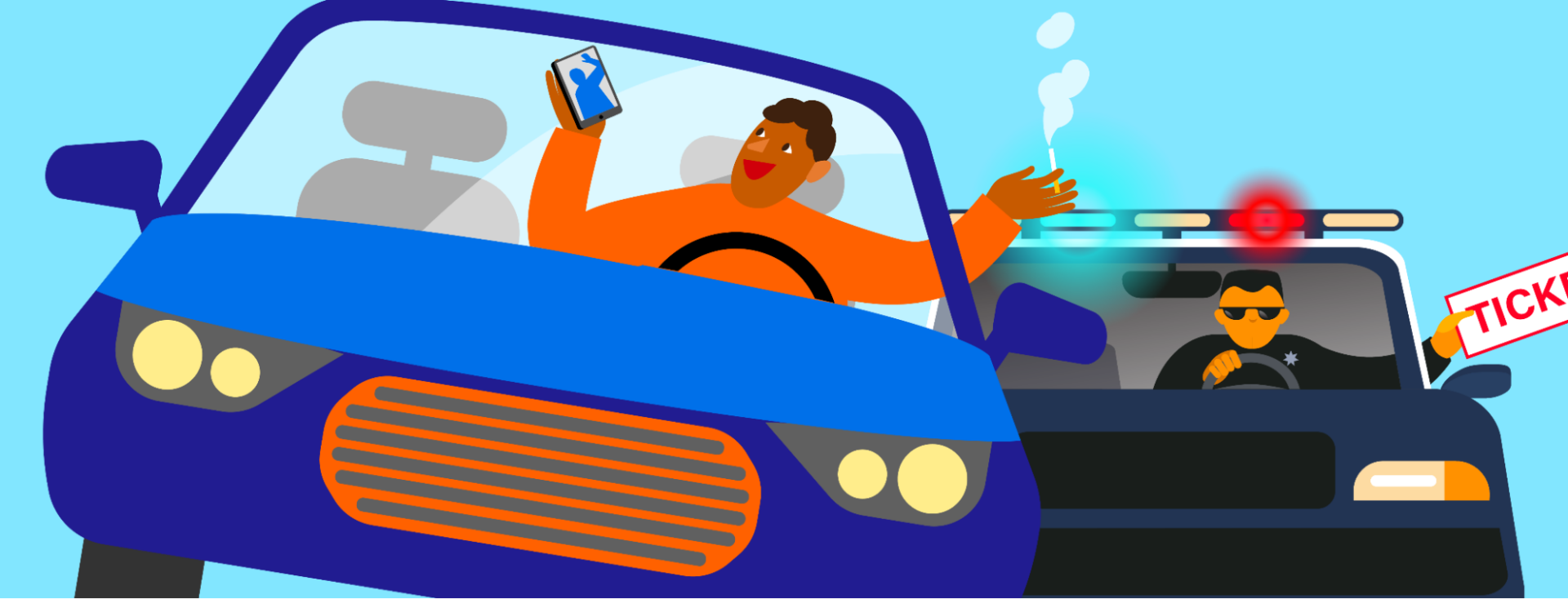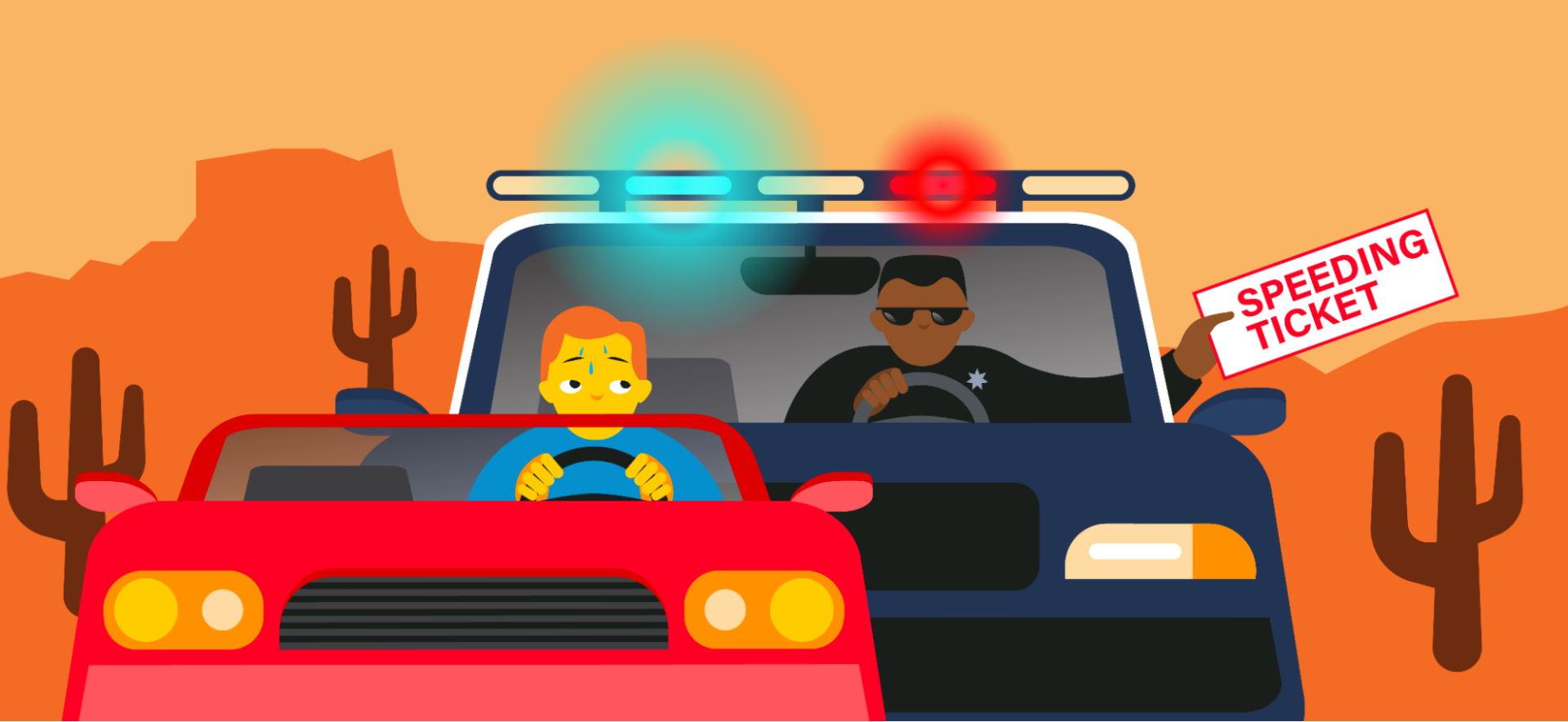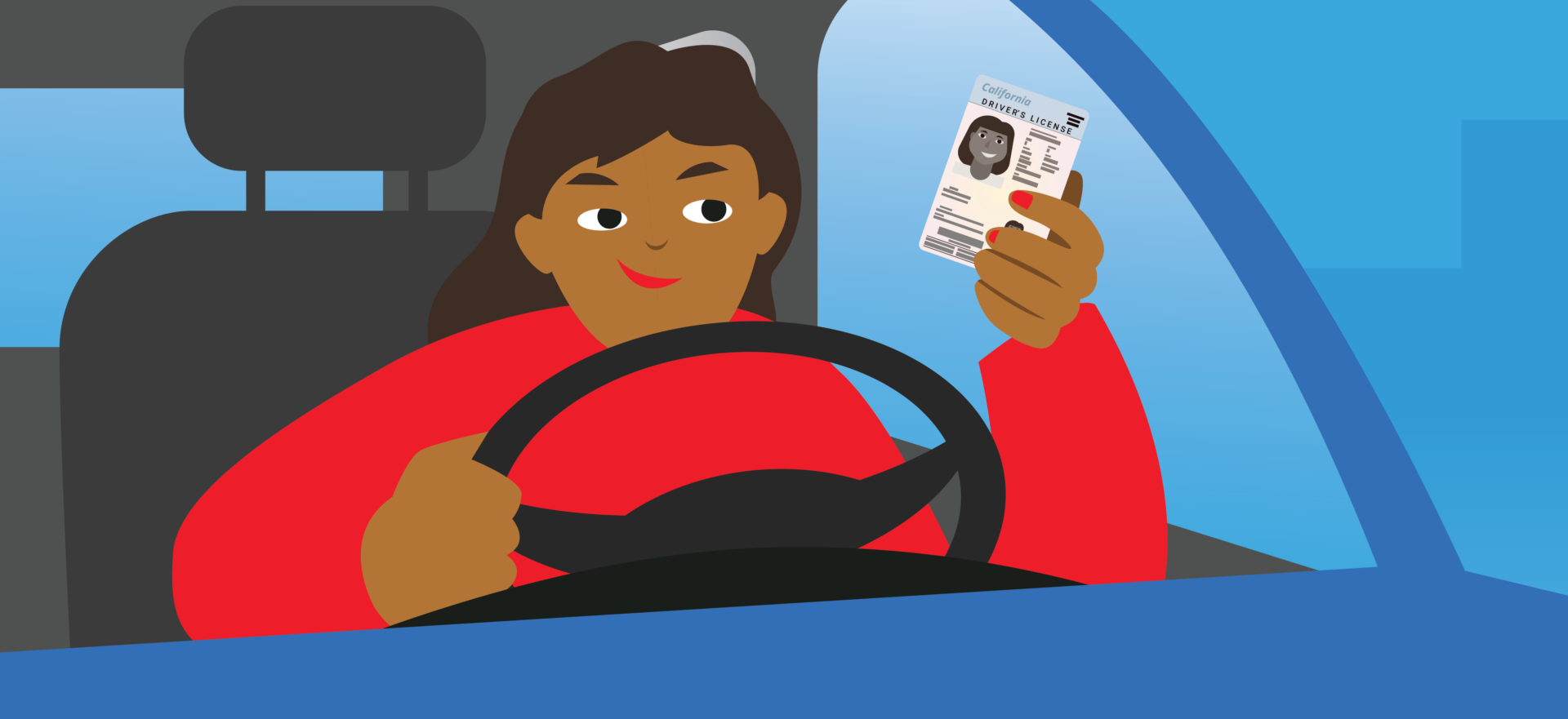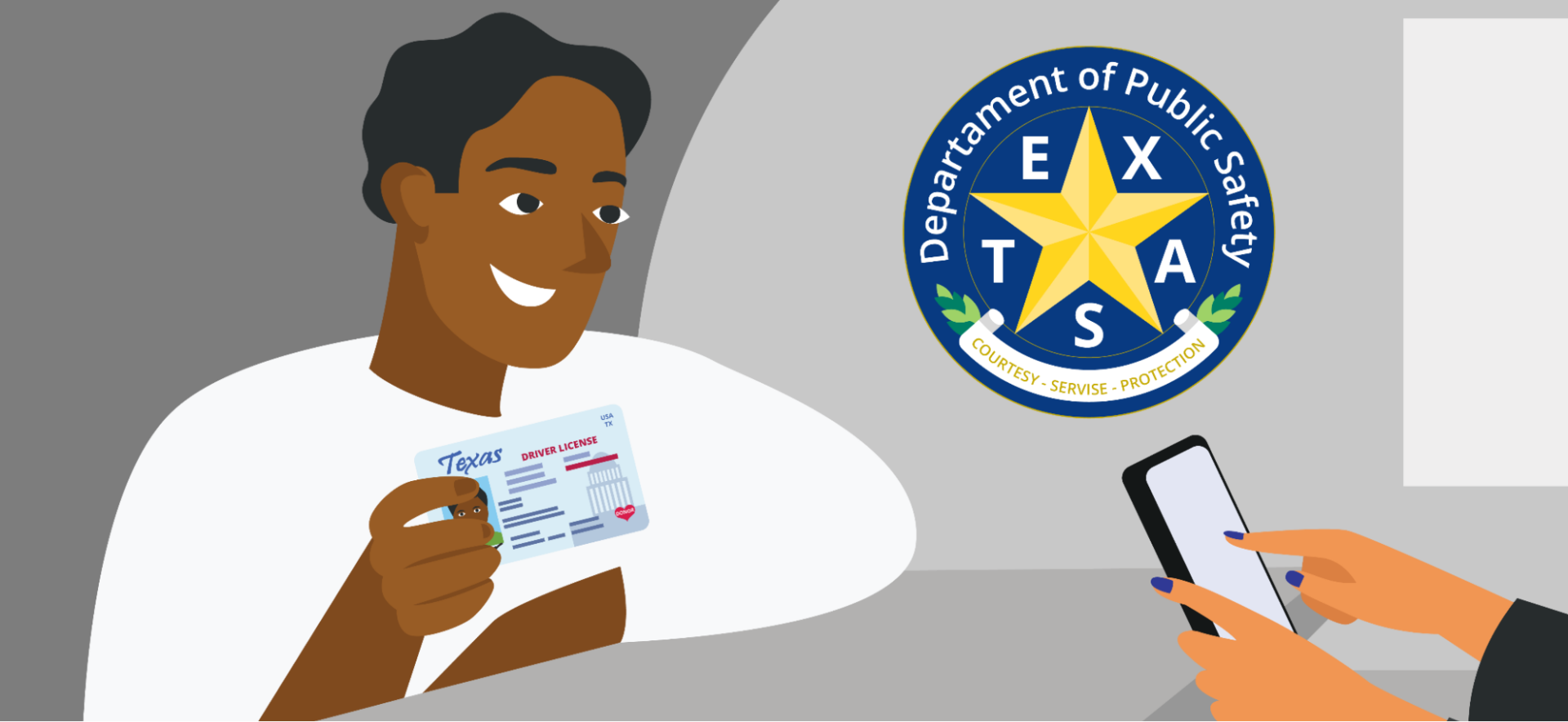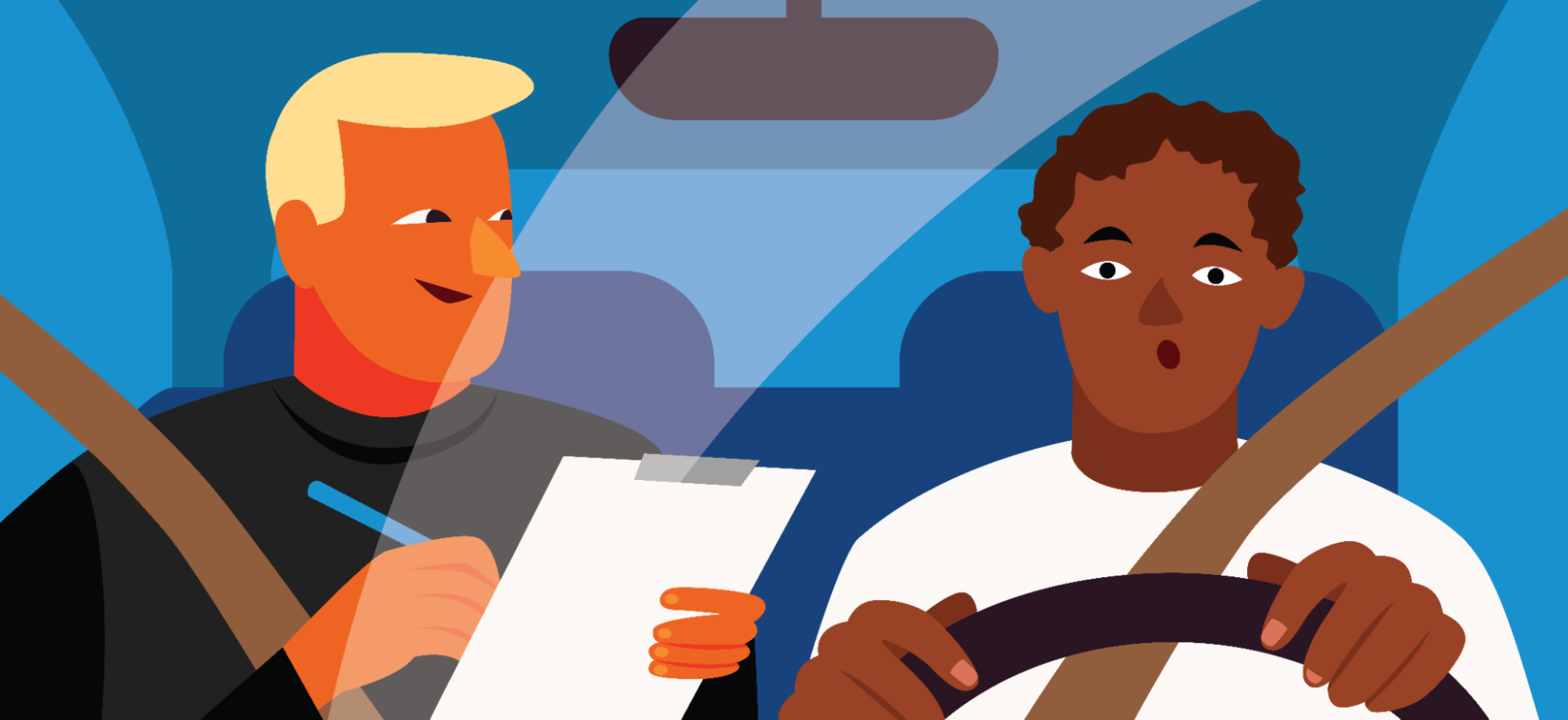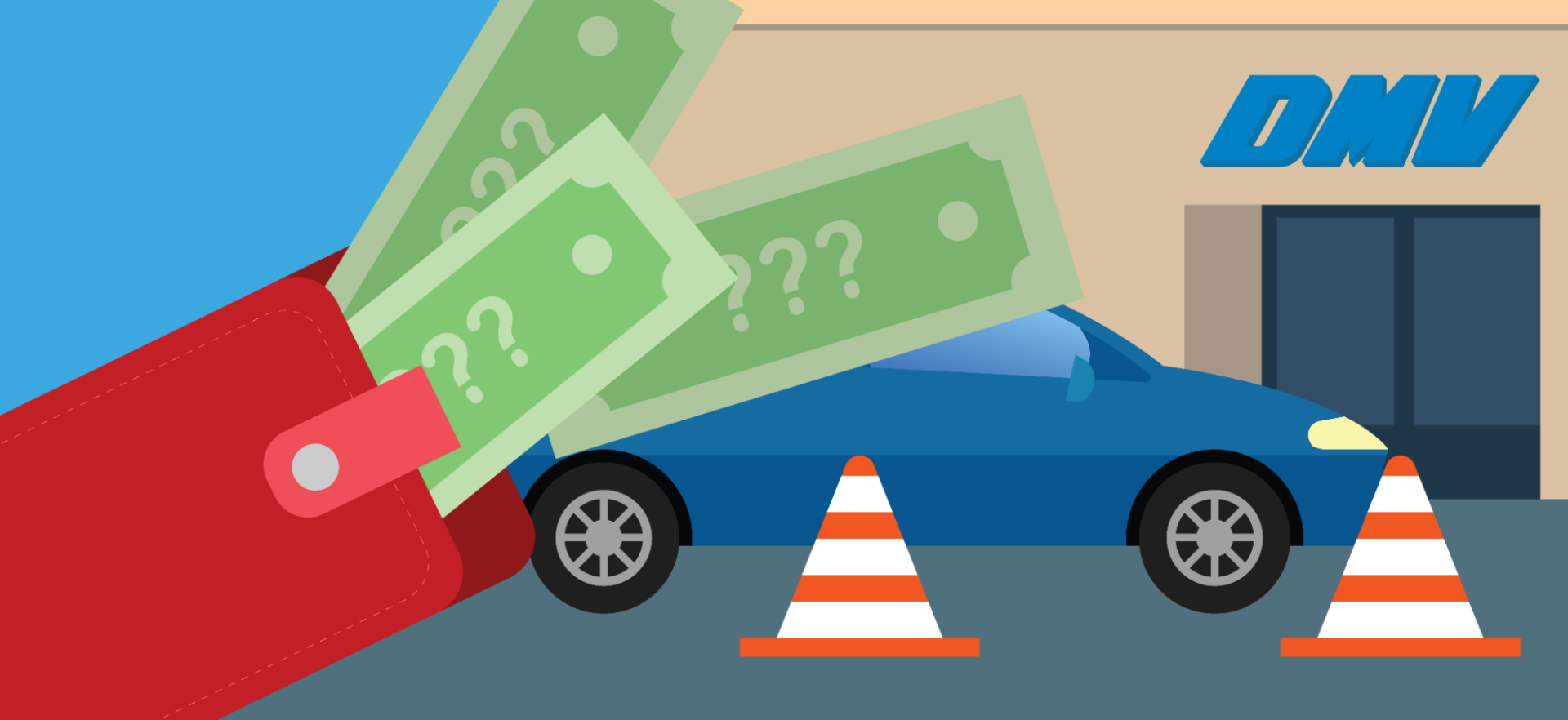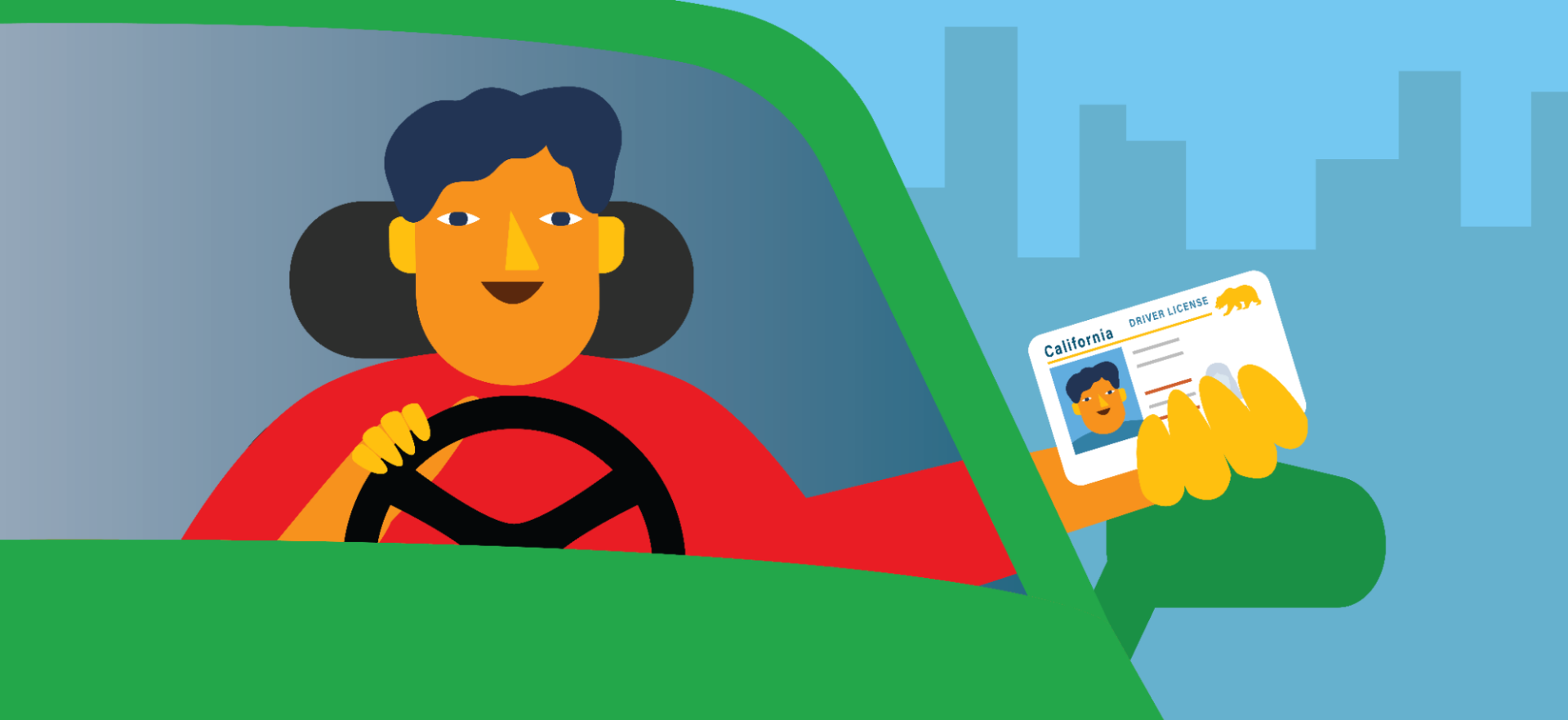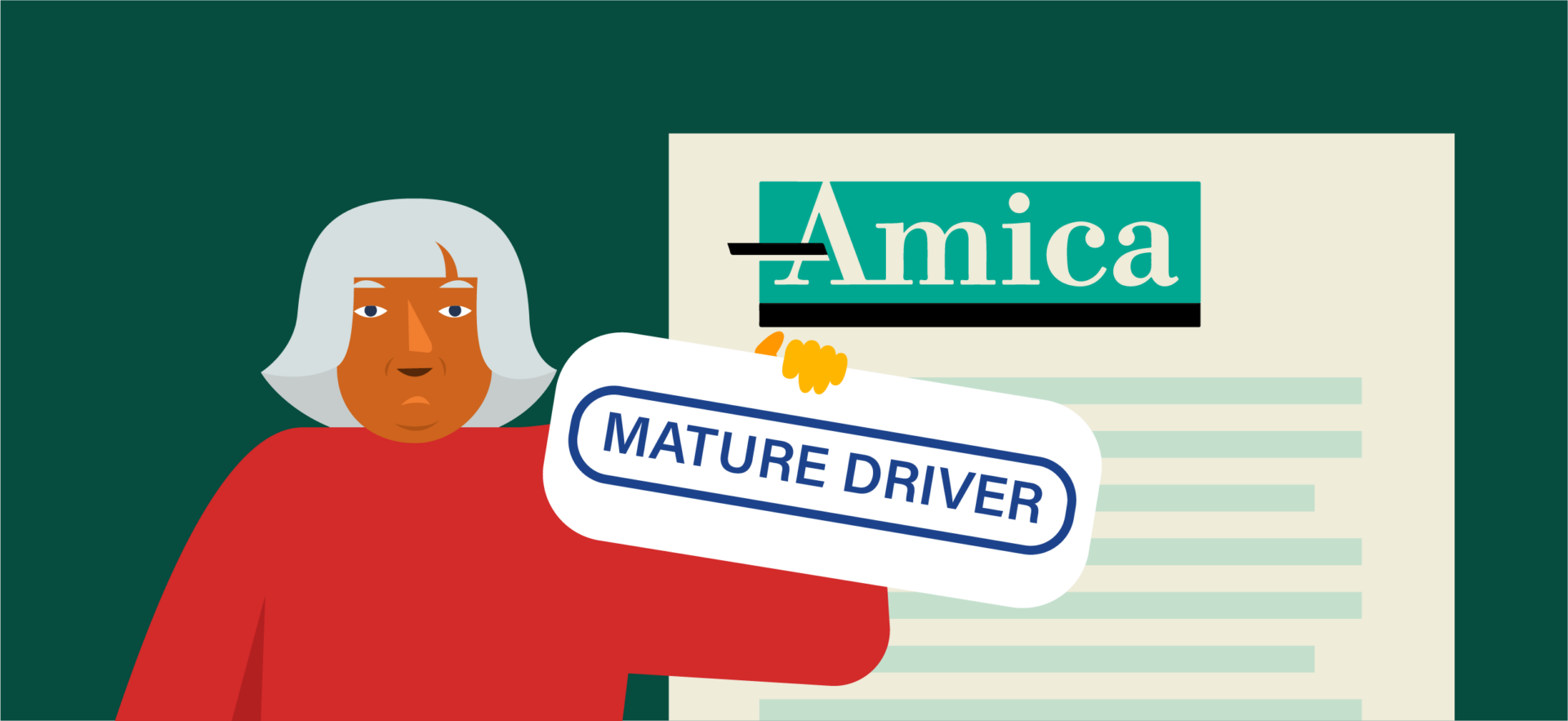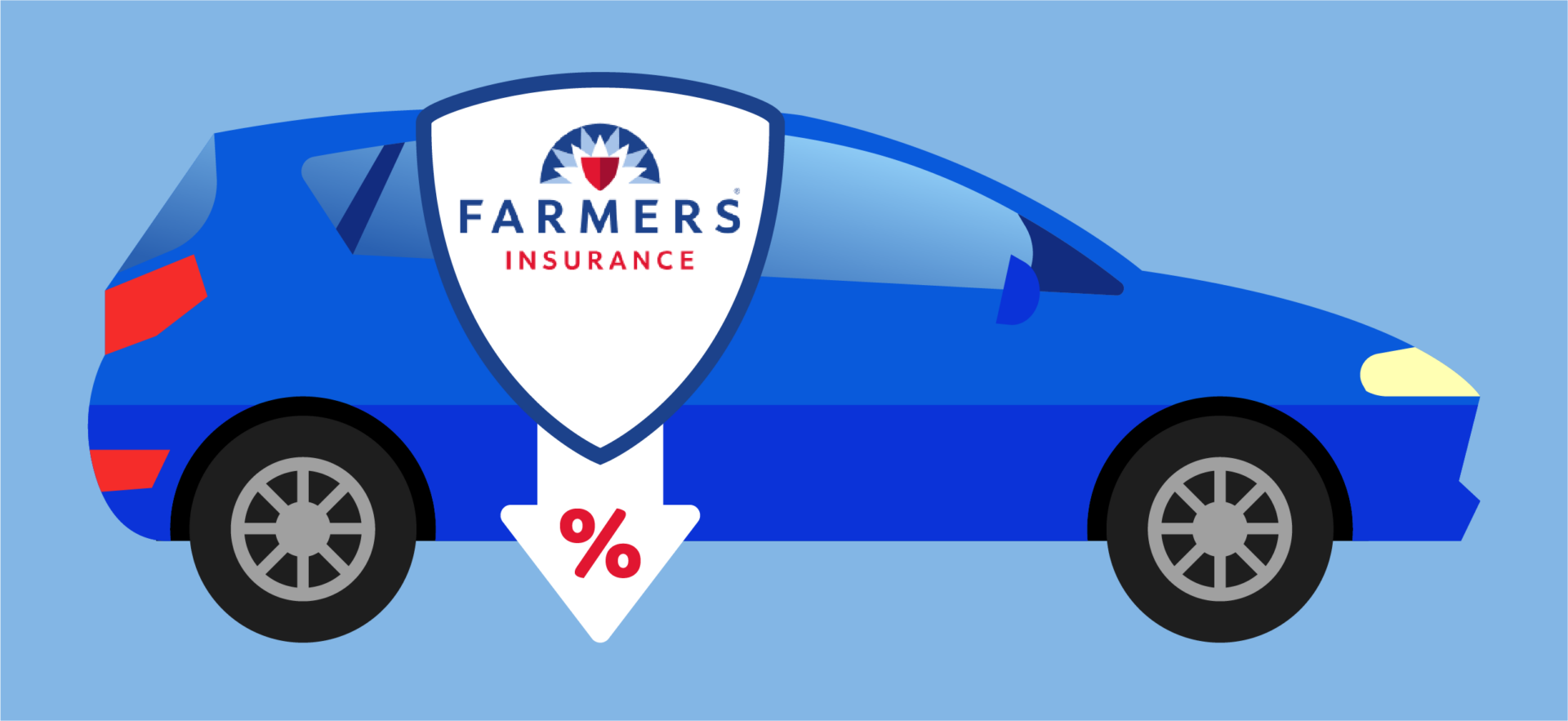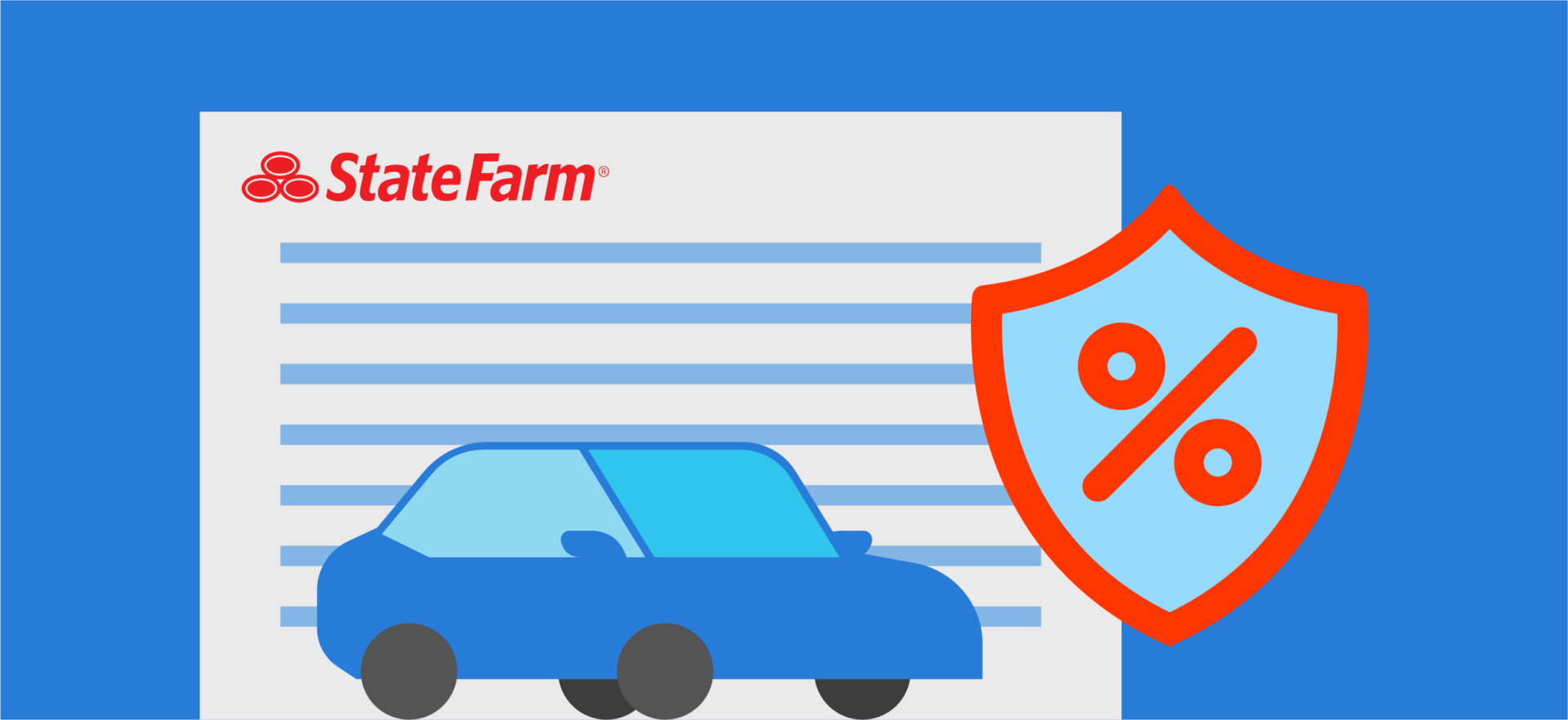In Florida, DUI convictions stay on your criminal and driving record for life. Offenders are also subject to fines, license suspension, and community service or jail time.
Our advice? Don’t take unnecessary risks.
Here’s what you should know about Florida drinking and driving laws, penalties, and how to deal with a DUI ticket.
Florida’s Drinking and Driving Laws at a Glance
In Florida, the legal alcohol limit is 0.02% for drivers under 21 and 0.08% for those 21 and older. This means you can be charged with a DUI if:
- Your blood alcohol content (BAC) exceeds 0.02% (under 21) or 0.08% (over 21) per 100 milliliters of blood.
- Your breath alcohol level is higher than 0.02% (under 21) or 0.08% (over 21) per 210 liters of breath.
Penalties for a First-Time DUI in Florida
The penalties for driving under the influence in Florida depend on whether you’re a first-time or repeat offender. The court will also consider your blood or breath alcohol level (BAL) and any aggravating factors, such as a DUI crash resulting in bodily injury.
If this is your first DUI conviction, here’s what you can expect:
| Penalty | Standard First Offense | Enhanced First Offense (BAL ≥ 0.15 or Minor in the Vehicle) |
|---|---|---|
| Fine | $500–$1,000 | $1,000–$2,000 |
| *Jail time | Up to six months | Up to nine months |
| **Vehicle impoundment | 10 days (unless the defendant’s family has no other transportation) | Same |
| License revocation |
| Same |
| Ignition interlock device | Not required | Mandatory for up to six months for license reinstatement purposes |
| DUI school | ***Mandatory prior to hardship reinstatement | Same |
**May not occur concurrently with incarceration.
***Hardship reinstatement is a restricted driver’s license that limits when and where you can drive (e.g., only to and from work).
Repeat DUI offenders face much harsher penalties. For example, a second conviction within five years may result in:
- $1,000–$2,000 in fines
- Up to nine months in jail
- Mandatory DUI school
- License suspension for five years or longer
- Vehicle impoundment for 30 days
- No eligibility for hardship reinstatement
These penalties apply even without aggravating factors, such as a BAC above 0.15%.
Beware that causing a fatal crash while intoxicated can lead to felony charges, including DUI manslaughter or vehicular homicide. These offenses carry significantly higher fines and up to 15 years of jail time—or up to 30 years if you leave the scene.
Florida Underage Drinking and Driving Laws
Like most states, Florida has a zero-tolerance policy for drivers under 21 who operate a vehicle while under the influence. Teens and young adults in this age group may face the following penalties if their BAC is 0.02% or higher:
| Violation | First Offense | Subsequent Offense |
|---|---|---|
| BAC ≥ 0.02% (but under 0.05) | Six-month license suspension | 12-month license suspension |
| Minors under 18 with a BAC ≥ 0.02% | May be taken to a county addiction recovery center (if available) | Same |
| BAC ≥ 0.05% | License suspension until the defendant completes a substance abuse program, such as the Traffic Law and Substance Abuse Education (TLSAE) course | Same |
| BAC ≥ 0.08% | May face similar penalties as an adult driver (e.g., $500–$1,000 in fines and up to six months of jail time) | Same |
| *Alcohol possession by persons under 21 |
|
|
| Other potential penalties, such as community service or the completion of an alcohol awareness program | ||
| *Except for employment-related possession (e.g., a 20-year-old who works as a bartender) | ||
The police can suspend your license on the spot if your blood/breath alcohol level is 0.02% or higher or if you refuse a breath test. If you’re under 21, simply possessing alcohol, such as holding a beer for a friend, can also lead to penalties, including loss of driving privileges.
After your license is suspended, you may request a temporary driving permit valid for 10 days while awaiting review. The permit becomes active 12 hours after the suspension notice is issued, allowing you to drive for business or personal purposes until it expires.
Under-21 drivers who have their license suspended for driving with a BAC between 0.02% and 0.05% may apply for hardship reinstatement. The only requirement is to complete a state-approved Traffic Law and Substance Abuse Education (TLSAE) program like the one we offer.
This course takes four hours and covers the dangers of drunk driving. Upon completion, the court may allow you to drive on a restricted license for business or employment purposes.
How Many Drinks Can You Have and Drive in Florida?
Most people reach a BAC of 0.08% after having three to four standard drinks within an hour, though the exact level varies. How your body processes alcohol depends on several factors, such as:
- Age
- Gender
- Body weight
- Muscle-to-fat ratio
- Medications
- Food intake
- Hydration level
- Rate of drinking
- Alcohol tolerance
- Whether the drink is carbonated
For instance, women typically have a higher body fat percentage and lower water content than men of the same weight. Because alcohol is distributed through body water, they feel its effects more quickly and may reach the legal limit after fewer drinks.
What you drink matters, too. Carbonated beverages like champagne or sparkling wine tend to speed up alcohol absorption, which can raise BAC more quickly than non-carbonated options.
Despite all these variables, sex and body weight often have the strongest impact on BAC. The lighter you are, the fewer drinks it takes to reach or exceed the 0.08% threshold. See the charts below:
| Estimated BAC by Number of Drinks (180-pound man, 1 hour) | ||
|---|---|---|
| Drinks Consumed in 1 Hour | Estimated BAC | Risk Level |
| 1 | 0.02% | Possibly impaired |
| 2 | 0.04% | Possibly impaired |
| 3 | 0.06% | Somewhat impaired |
| 4 | 0.08% | Legally impaired (DUI) |
| 5 | 0.11% | Legally impaired (DUI) |
| 6 | 0.13% | Legally impaired (DUI) |
| 7 | 0.15% | Highly impaired, potentially fatal consequences |
|
*Subtract 0.015 for each hour after drinking. Source: National Highway Traffic Safety Administration (NHTSA) | ||
| Estimated BAC by Number of Drinks for the Average Woman (140 pounds, 1 hour) | ||
|---|---|---|
| Drinks Consumed in 1 Hour | Estimated BAC | Risk Level |
| 1 | 0.03% | Possibly impaired |
| 2 | 0.07% | Somewhat impaired |
| 3 | 0.11% | Legally impaired (DUI) |
| 4 | 0.13% | Legally impaired (DUI) |
| 5 | 0.16% | Highly impaired, potentially fatal consequences |
| 6 | 0.19% | Highly impaired, potentially fatal consequences |
| 7 | 0.23% | Highly impaired, potentially fatal consequences |
|
*Subtract 0.015 for each hour after drinking. Source: National Highway Traffic Safety Administration (NHTSA) | ||
Note that, in the U.S., one standard drink is a 12-ounce can of beer with 5% alcohol, a five-ounce glass of wine with 12% alcohol, or a shot of brandy, cognac, or distilled spirits.
Based on the reference charts, a 180-pound man may reach a BAC near 0.08% after roughly four 12-ounce beers or four five-ounce glasses of wine consumed within one hour. By comparison, a 140-pound woman may reach 0.08% after about two of those same standard servings in the same time frame.
Drivers under 21, on the other hand, must not exceed a 0.02% BAC. That’s the equivalent of roughly one standard drink or less within an hour, depending on gender and body weight.
Our advice is to play it safe and refrain from drinking before driving. If you do have a drink, use a BAC calculator to estimate your blood alcohol level.
What Happens If You’re Caught Drinking and Driving?
A DUI in Florida is a serious charge with long-term consequences. Even if you don’t cause a crash, the conviction can stay on your driving record for up to 75 years, and it remains on your criminal record permanently. After arrest, your license may be immediately suspended; you do have a short window (10 days) to request a hearing to challenge the suspension, though being released while the case is pending does not mean the record disappears.
Loss of Driving Privileges
In Florida, if you’re arrested for driving under the influence or refuse a breath, blood, or urine test, your driver’s license is automatically suspended by the Florida Department of Highway Safety and Motor Vehicles. The officer will confiscate your license and issue a 10-day temporary permit.
During that 10-day window, you have the right to request a formal review hearing to challenge the suspension — but there’s no guarantee the request will succeed, and if you don’t act within the 10 days, the suspension takes effect automatically.
Depending on your circumstances, the suspension period varies between six months and two years or longer. That’s a long time to be without a car!
Note that a DUI conviction can delay or revoke your driving privileges, even if you only hold a provisional license or learner’s permit. For new or underage drivers, this often means retaking driving school, completing the TLSAE course again, and reapplying for a permit.
Fines and Fees
The fines for violating Florida’s drinking and driving laws start at $500 and can reach $2,000, plus court and administrative fees. Add to that the cost of:
- An ignition interlock device
- License reinstatement
- Probation supervision
- Vehicle impoundment
- Legal representation
- Hardship license
- DUI school
These fees can run into thousands of dollars, draining your budget. Plus, you may lose wages if you’re unable to work while under arrest or serving jail time.
Higher Insurance Premiums
In Florida, rates can increase by 50-300% for five to 10 years after a DUI.
Plus, once you have a DUI on your record, you must file Form FR-44 for three years following the conviction date. This document proves you carry high-risk insurance with elevated coverage limits, which often means significantly higher premiums.
Jail Time or Probation
A first-time DUI conviction is unlikely to get you behind bars, but you may still face probation and community service. Generally, a high BAC, a DUI-related crash, or repeat offenses will result in jail time.
Criminal Record
DUI convictions create a criminal record and leave a permanent mark on your driving history. Under Florida law, the charge cannot be sealed or expunged from either record, meaning it remains visible to insurers, potential employers, business partners, and other third parties.
Under-21 drivers face the same consequences. Whether you’re 17, 19, or 20 years old, a DUI conviction will result in a criminal record.
Other Consequences and Legal Penalties
A DUI conviction can impact just about every aspect of your life, making it difficult to find work, get a loan, or qualify for scholarships. Long-term consequences may include:
- Social stigma
- Limited college options
- Difficulty renting a house or apartment
- Financial strain
- Employment setbacks
- Travel restrictions
For example, some universities turn away applicants with a criminal record. The same goes for certain scholarship programs, workplaces, or professional organizations.
Also, note that Canada and other countries may deny entry to travelers with DUI convictions. This can limit your mobility and career prospects.
One option for drivers under 21 is to complete the Florida TLSAE course. While it won’t erase the conviction from your record, it can help you qualify for a hardship license and retain some independence.
A restricted license, or “Business Purposes Only” license, allows you to drive to and from work or school. And if you’re actively seeking employment, you may drive to job interviews.
Under 21 and Got a DUI? How to Take the Florida TSLAE Course
Traffic Law and Substance Abuse Education is a training program that covers Florida traffic laws—especially those related to driving under the influence. This four-hour course is mandatory for:
- Individuals over 18 who’ve never held a driver’s license.
- Under-21 drivers seeking hardship reinstatement after a DUI
- Drivers required to complete the course by court order.
If you belong to any of these groups, you must complete a state-approved TLSAE course and take a final exam. The test has 40 questions and requires a passing score of 80% or higher.
Why Choose Traffic Safety Institute?
At Traffic Safety Institute, students can take the TLSAE course online from any device. Our self-paced program is accredited by the Florida Department of Highway Safety and Motor Vehicles (FLHSMV) and accepted by all state courts.
Taking the TLSAE course with Traffic Safety Institute couldn’t be easier. Simply sign up for an account (no credit card needed!), start learning, and take the test when you’re ready.
In the meantime, enjoy the following perks for a stress-free experience:
✅ Unlimited retakes
✅ Save-and-resume feature
✅ Free audio read-along
✅ Multi-device compatibility
✅ Automatic FLHSMV submission
✅ Instant digital certificate
✅ 24/7 live chat support
✅ All-inclusive flat fee
We’re one of the few schools with a 100% pass rate. Even if you’re not successful on the exam, you can try again without paying extra.
Ready to get started? You can register in seconds, take the TLSAE course for free, and pay only after you pass.
Start the TLSAE course for FREE today.
FAQs About Drinking and Driving Laws in Florida
Looking for more information about Florida’s drinking and driving laws? Below are the answers to some frequently asked questions.
How many drinks can you have and drive in Florida?
There’s no set number of drinks you can safely consume before driving. Depending on your body weight and other factors, even one drink can impair your senses.
Generally, most people can have three to four standard drinks without reaching the legal limit. One standard drink equals a five-ounce glass of wine, a 12-ounce beer, or a shot of distilled spirits.
What are the new DUI laws in Florida?
Effective October 1, 2025, Florida enacted “Trenton’s Law,” which imposes harsher penalties for DUI manslaughter or vehicular homicide and refusal to submit to breath or urine testing.
Under the new law, repeat offenders convicted of DUI manslaughter or vehicular homicide face 30 years of imprisonment instead of 15. Additionally, drivers who refuse a breath or urine test may be charged with a misdemeanor punishable by fines, jail time, and license suspension.
What is the 10-day rule for a DUI in Florida?
In Florida, drivers charged with a DUI have 10 days from the arrest date to request a hearing to contest their license suspension. Missing this deadline means they cannot apply for a restricted license.
Can a first-time DUI be dismissed in Florida?
Yes, a first-time DUI can be dismissed if you have evidence in your favor. For example, the court may drop the charges if you can prove the officer committed procedural errors, violated your constitutional rights, or lacked a valid reason to pull you over.
In some cases, first-time offenders with a clean record and no aggravating circumstances may reach a plea bargain to have the charge dismissed. They may also have the option to participate in pretrial diversion programs, which typically include substance use education, counseling, and regular screenings.
